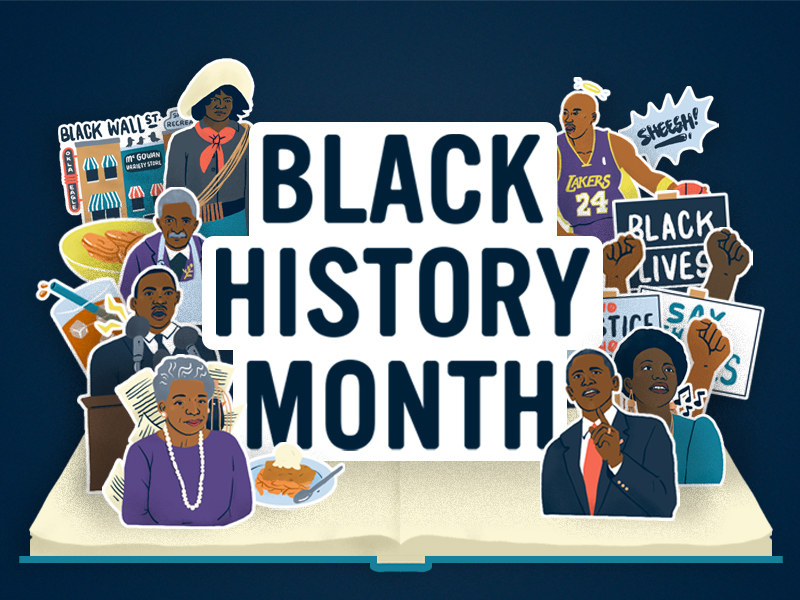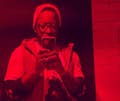He was a powerful force against the evils of oppression, poverty, and division of American people of color. He united multicultural activist groups, street gangs, and the inner city youth to fight for equality.
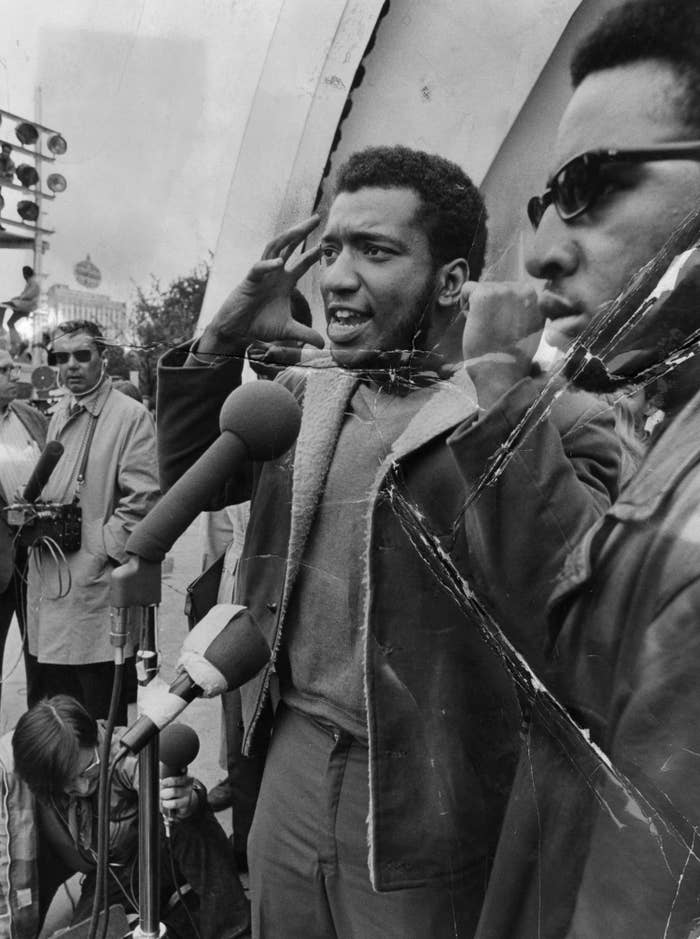
For our final piece in BuzzFeed's Black History Month True Crime Series, I will dive into the life, activism, and death of Fred Hampton.
On August 30, 1948, Frederick Allen Hampton was born in Chicago, Illinois, to Francis and Iberia Hampton. Originally from Lousiana, Francis and Iberia and six million Black families moved from the American south to northern, midwestern, and western states from the 1910s until the 1970s during the great migration.
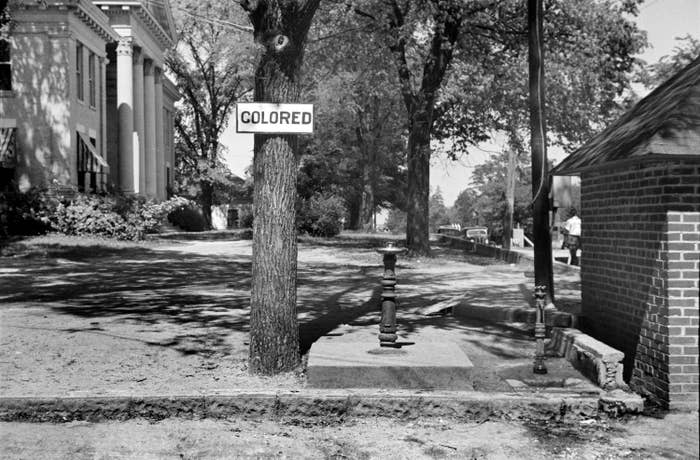
In the Chicago suburbs, Fred Hampton was raised with his siblings away from the immediate violence of the segregated south. The treatment of Black Americans would become the inspiration for Fred's activism as a youth.

Fred Hampton's connection to the civil rights movement began early. His family was acquainted with another familiar Lousiana migrant family... that of Emmett Till.
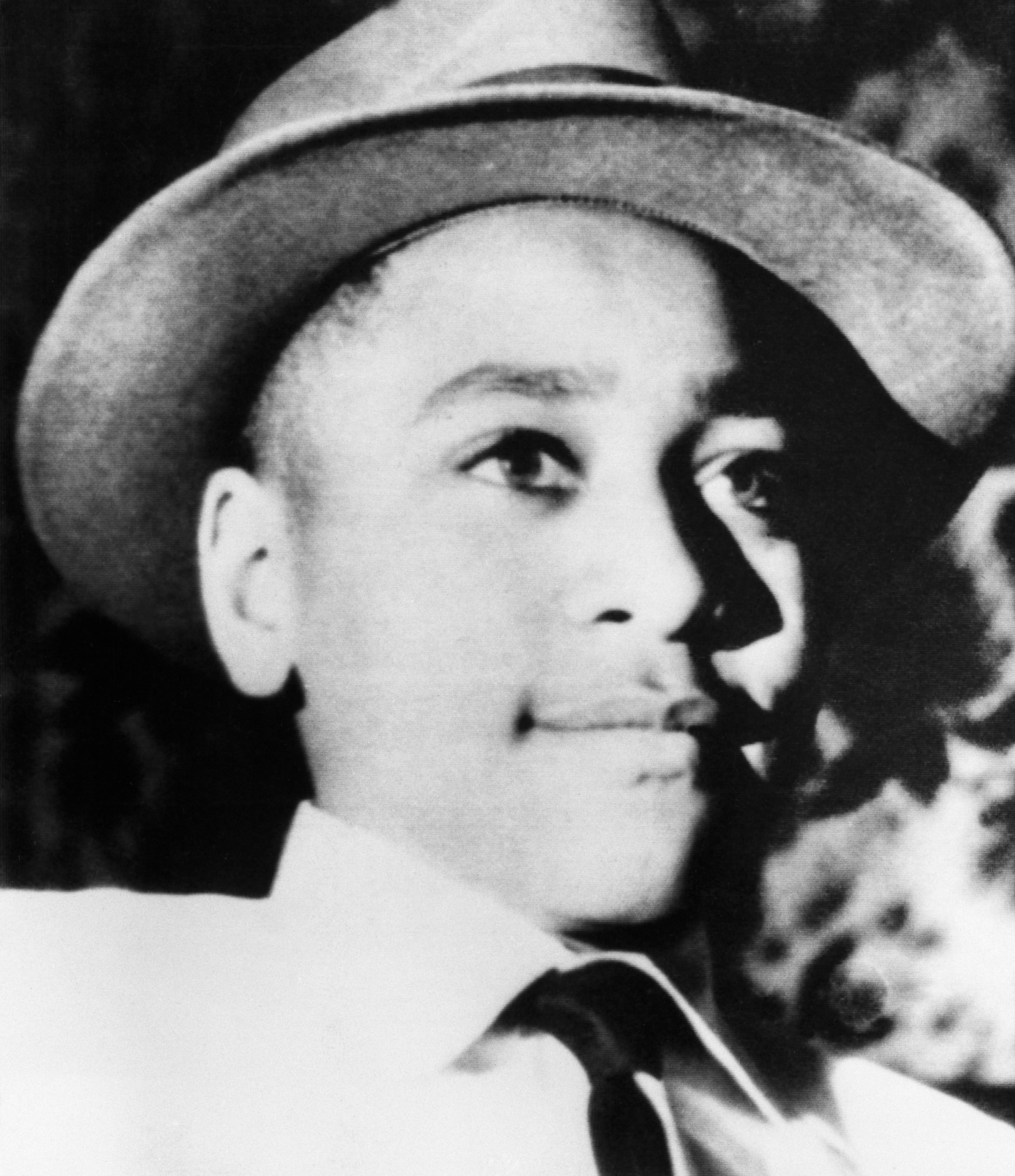
The murder of Emmett Till became the catalyst of the civil rights movement and instilled in Fred Hampton at a very young age that something must change.
In 1958, Fred attended Irving Elementary School, where he became the captain of the Patrol Boys, a unit of young men who help monitor traffic and helped locals cross the streets.
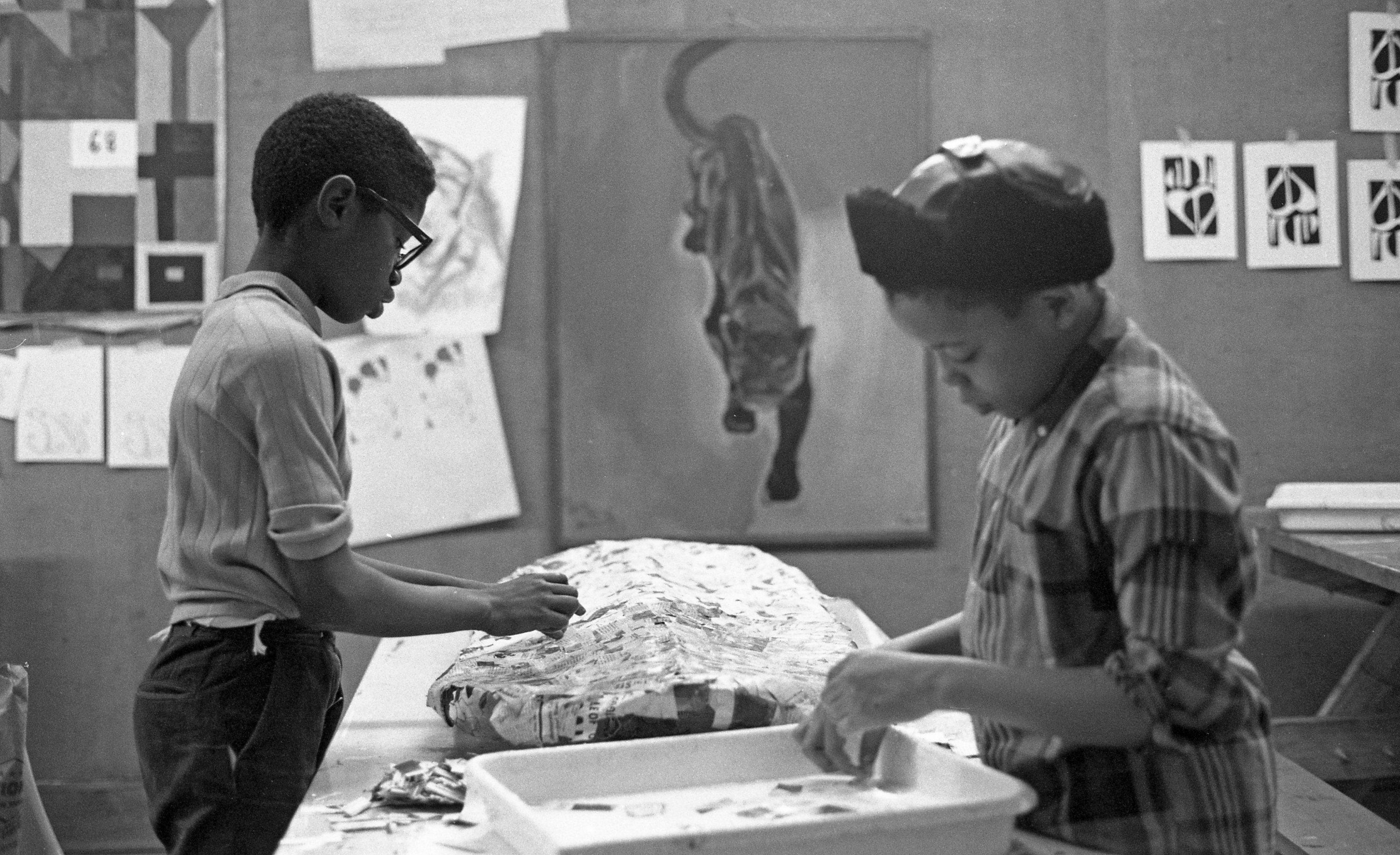
In 1962, Fred Hampton attended Proviso East High School in Maywood, Illinois. It was around this time that he helped organize the student section of the National Association for the Advancement of Colored People (NAACP) and the Interracial Cross Section Committee.
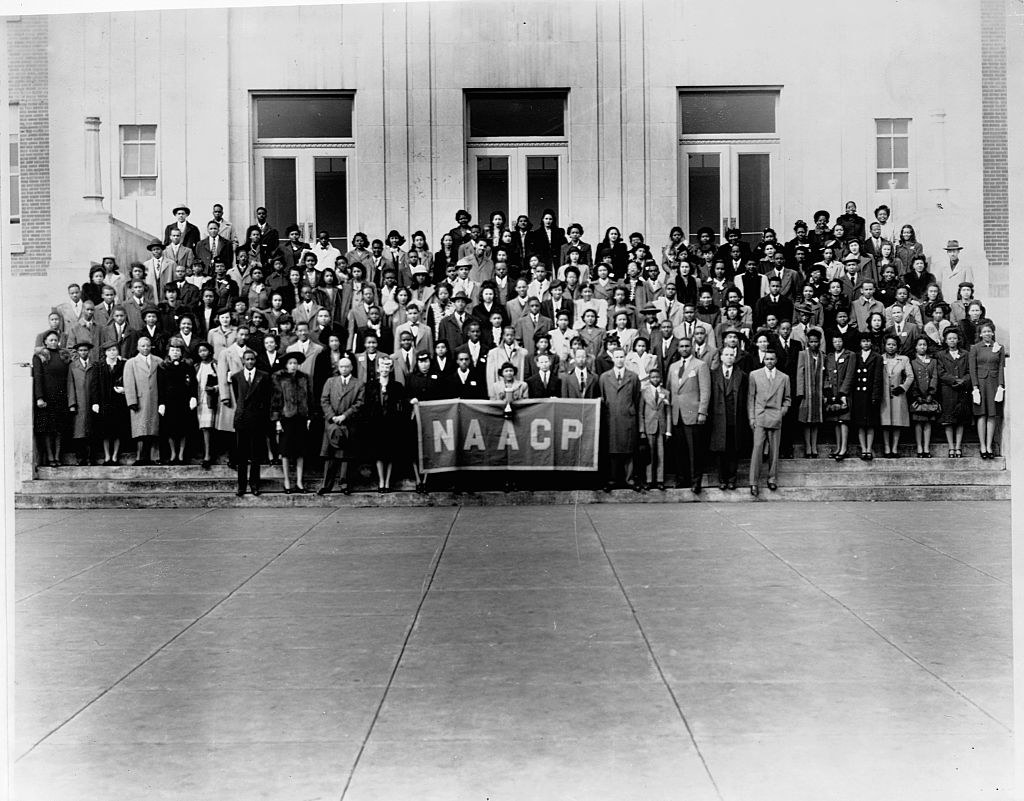
As the elected president of the Junior Achievement program, he organized picnics and campaigns against the racist conditions of Proviso East High. One of his peers, Eugene Moore, was unjustly arrested, and that event sparked the first significant display of Fred Hampton's influence in the community.
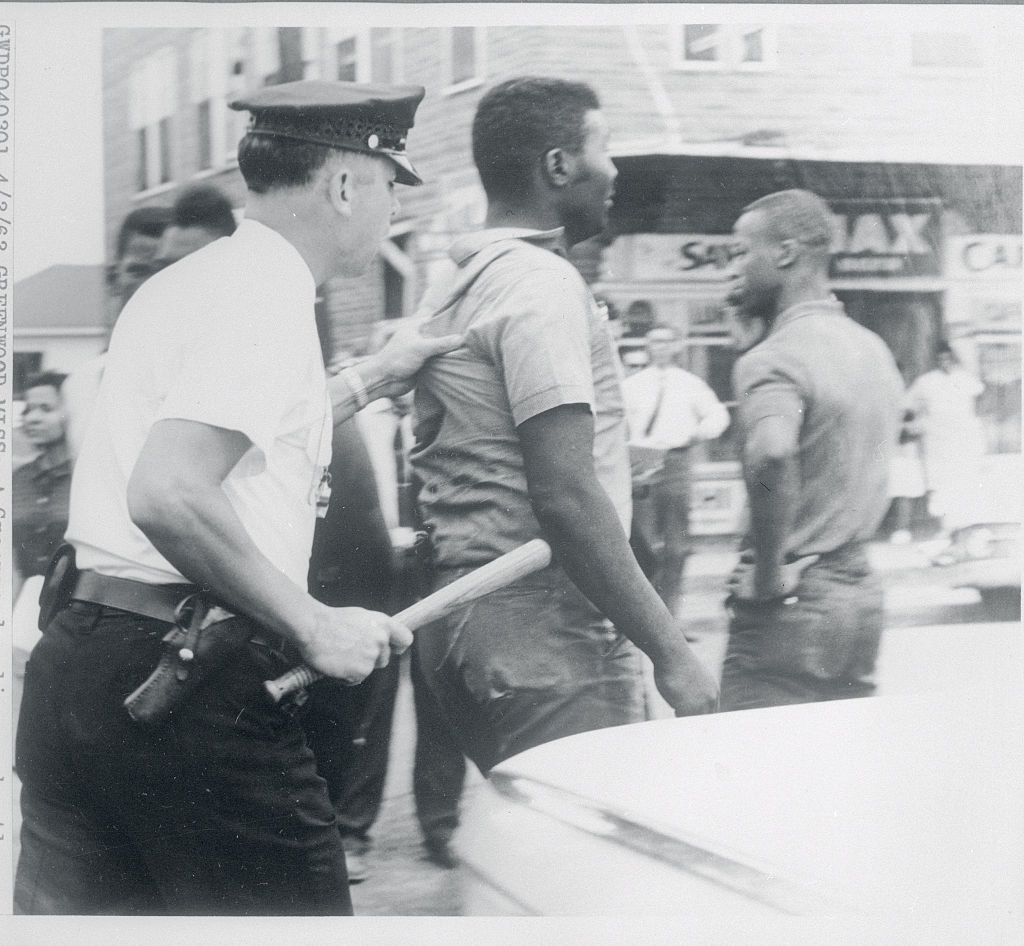
Only a teenager as an NAACP Youth President, Hampton began his involvement in the civil rights movement by leading the local NAACP council into an assembly of over 500 members.
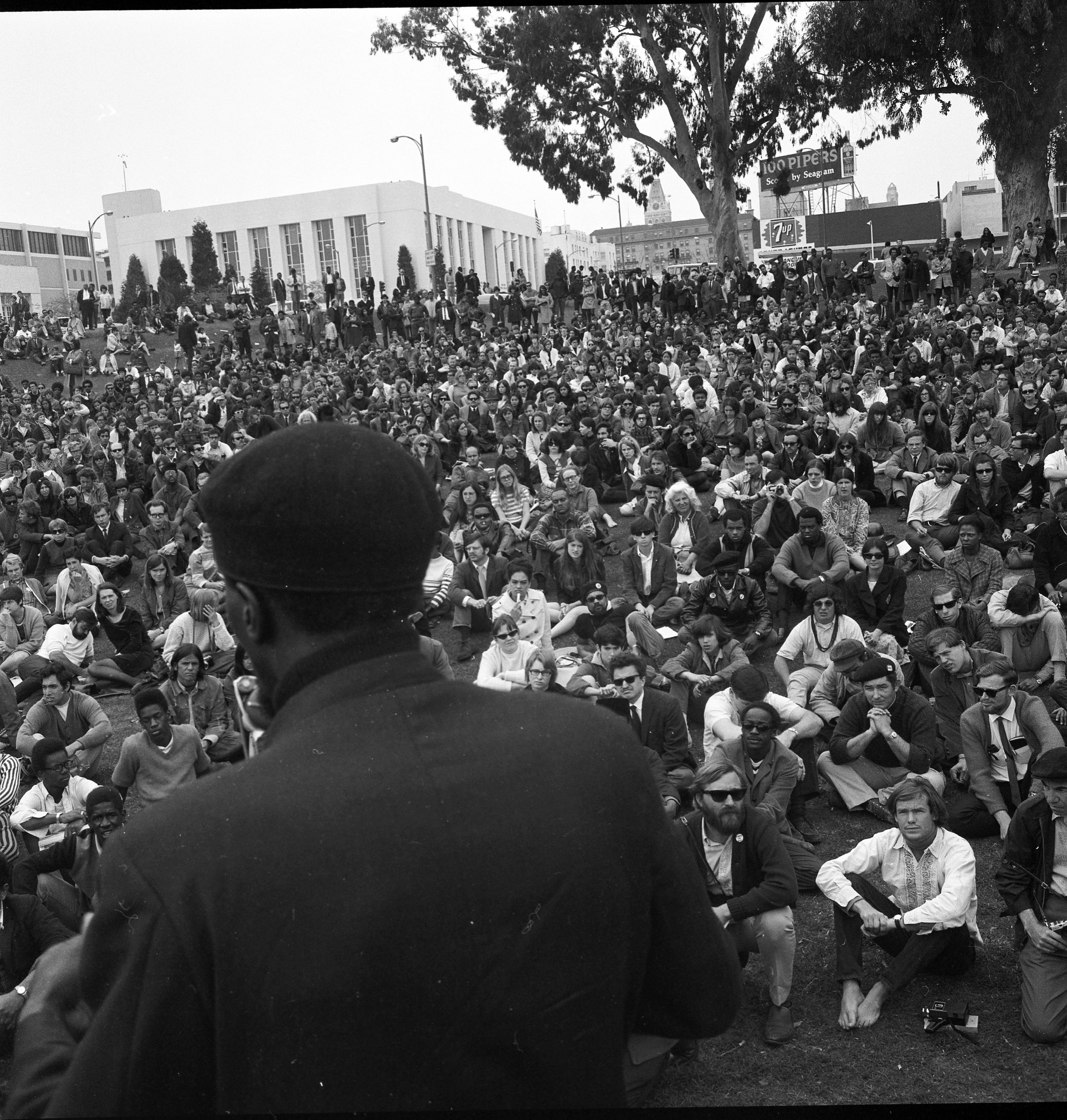
No fight was too Black or white for young Hampton to take charge. He also protested the school nominating only white girls to run for the title of homecoming queen. His protest led to the inclusion of Black girls in the ceremony.
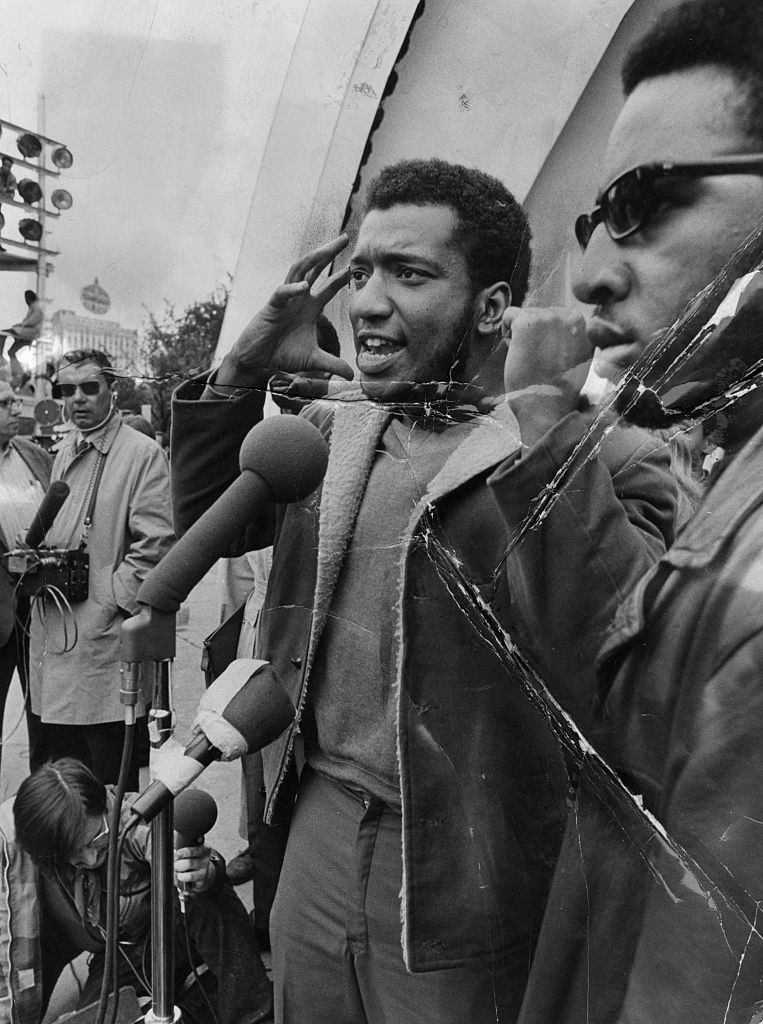
In 1966 Fred Hampton graduated from Proviso East in Illinois with honors. At the same time, in Oakland, California, two Black college students, Huey P. Newton and Bobby Seale, formed the Black Panther Party for Self-Defense.
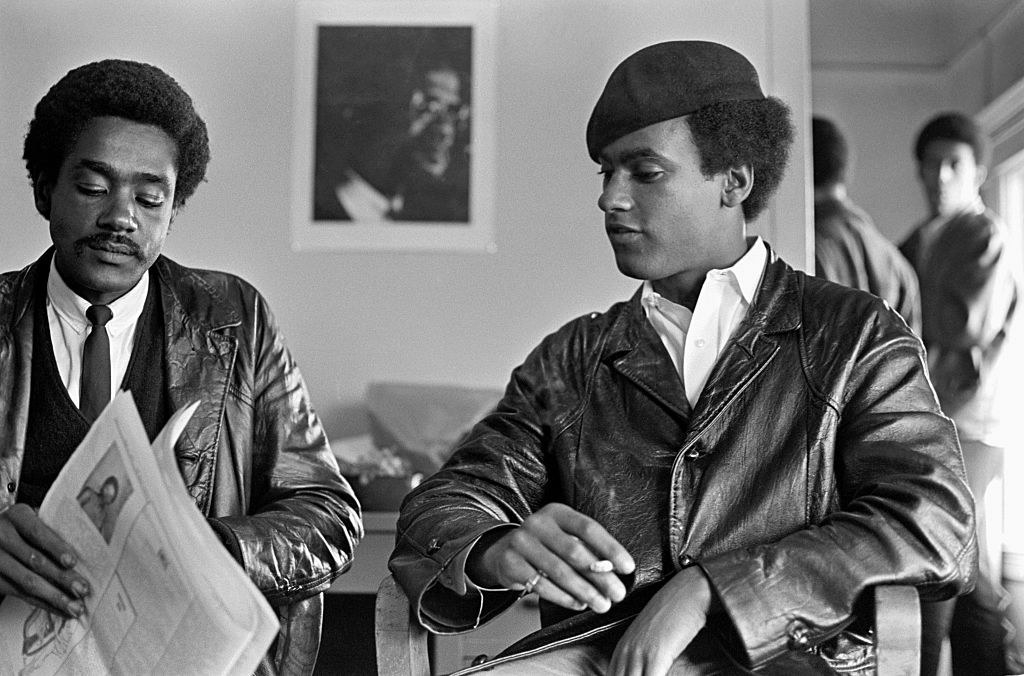
Fred Hampton enrolled in the prelaw program at Triton College, a local community college just outside of Maywood. While in college, Hampton was the leading participant in a series of rallies to demand the construction of a racially integrated public swimming pool in Maywood.
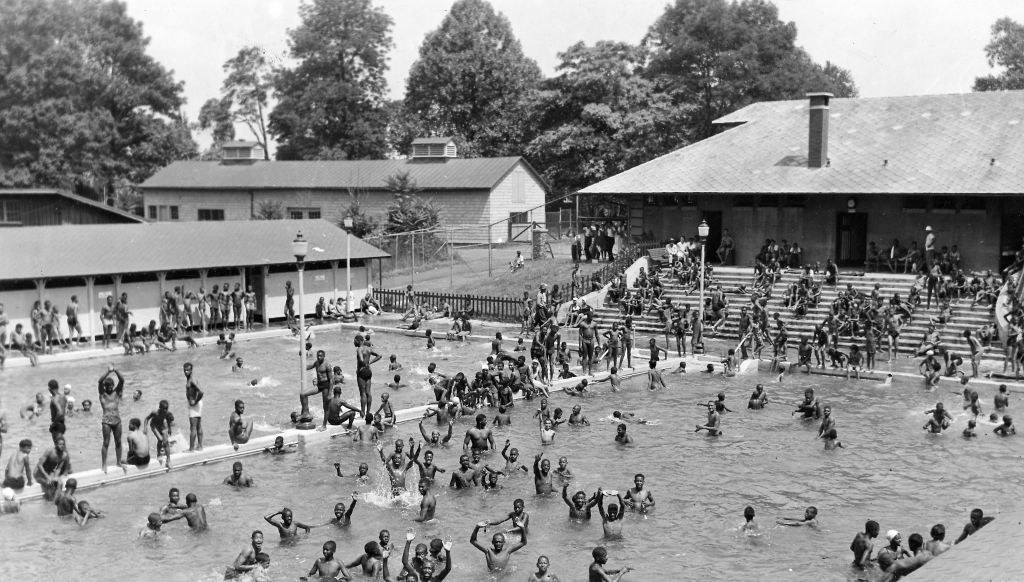
The tensions rose between the protesters and the law enforcement to the point of broken store windows, sheds set ablaze, and clashes between both sides.
Regardless of who was responsible for the damage, 17 students, including Fred Hampton, were charged with disorderly conduct and inciting a mob. All was not lost, although it did not reach completion until after Hampton's death – the integrated pool was approved and still stands today as the Fred Hampton Aquatic Center.
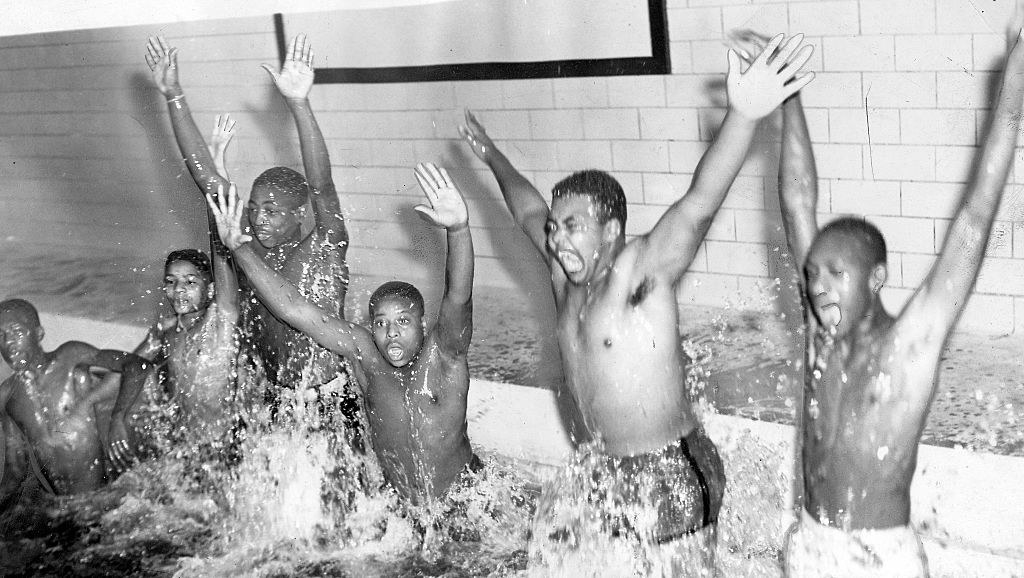
It seemed like the limitations of the NAACP could no longer serve the revolution that Fred Hampton sought after.
In 1968, Fred Hampton helped found the Illinois Chapter of the Black Panther Party (BPP) and served as the local chairman.
The threat of the government and violent law enforcement ignited a leadership in Hampton expressed through his public speaking and his years of experience in a community organization with the NAACP.
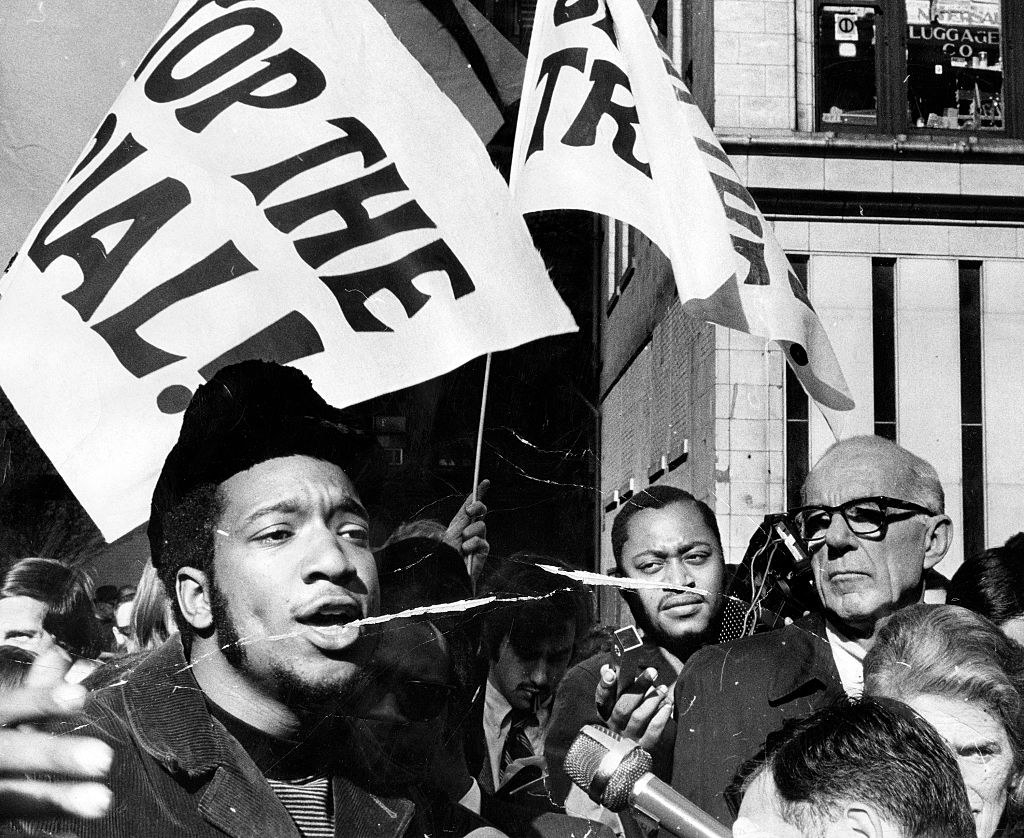
The message of Fred Hampton reached an evolution into a Marxist ideology calling for:
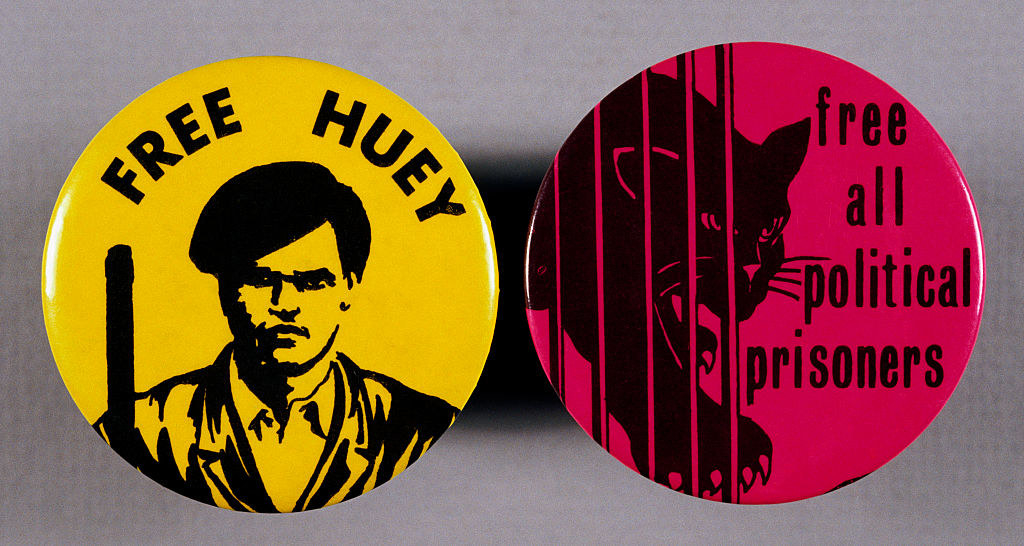
The threat of Hampton's rhetoric immediately gained the wrong attention. Secretly, the FBI began monitoring the Black Panthers' activity under the direction of J. Edgar Hoover. Hoover was the director of the Federal Bureau of Investigation (FBI) from 1924 until he died in 1972.
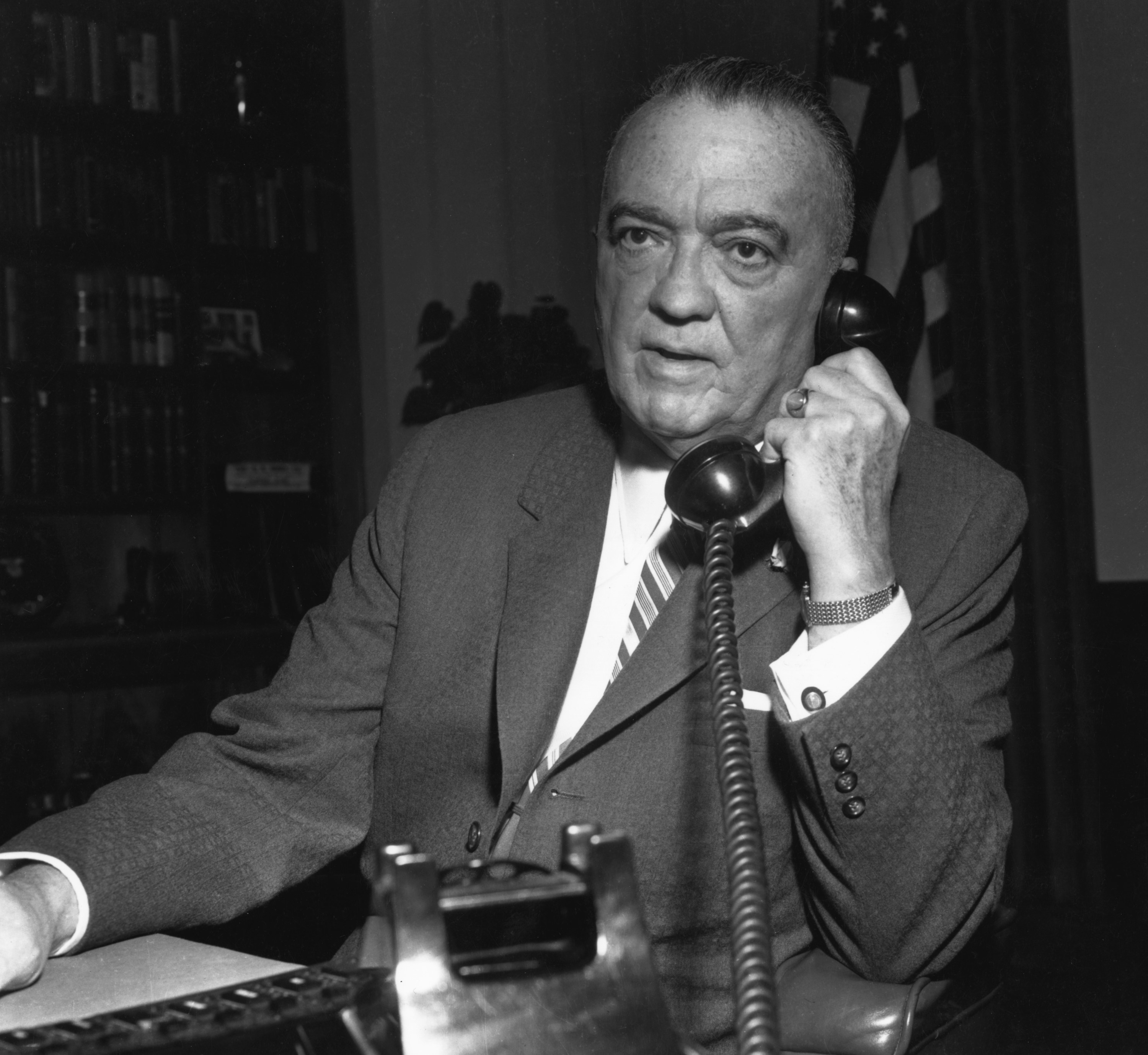
J. Edgar Hoover believed the Black Panthers were "the greatest threat to the country's internal security."
"They Are Doing Exactly What The Pigs Want Them To Do, When They Take People Down & Just Do Nothing, Play Around & The Pigs Are Prepared For This & They'll Wipe All Those Young People Out." - Fred Hampton, Age 21, About 2 Months Before He Was Assassinated. #BlackHistoryMonth
Hampton's influence made him a possible suspect for what Hoover would classify as a threat of becoming a "messiah" or a leader who could "unify, electrify, the militant Black nationalist movement."
"We ain’t gonna fight no reactionary pigs who run up and down the street being reactionary; we’re gonna organize and dedicate ourselves to revolutionary political power and teach ourselves the specific needs of resisting the power structure, arm ourselves, and we’re gonna fight reactionary pigs with INTERNATIONAL PROLETARIAN REVOLUTION. That’s what it has to be. The people have to have the power — it belongs to the people." — Fred Hampton, speech at the Olivet Church, 1969
As the chairman of the Illinois chapter, he launched community service projects in Chicago similar to the programs initiated in Oakland by the founders. What was perceived as the threat was the support of disenfranchised people.
"First you have free breakfasts, then you have free medical care, then you have free bus rides, and soon you have FREEDOM." - Fred Hampton
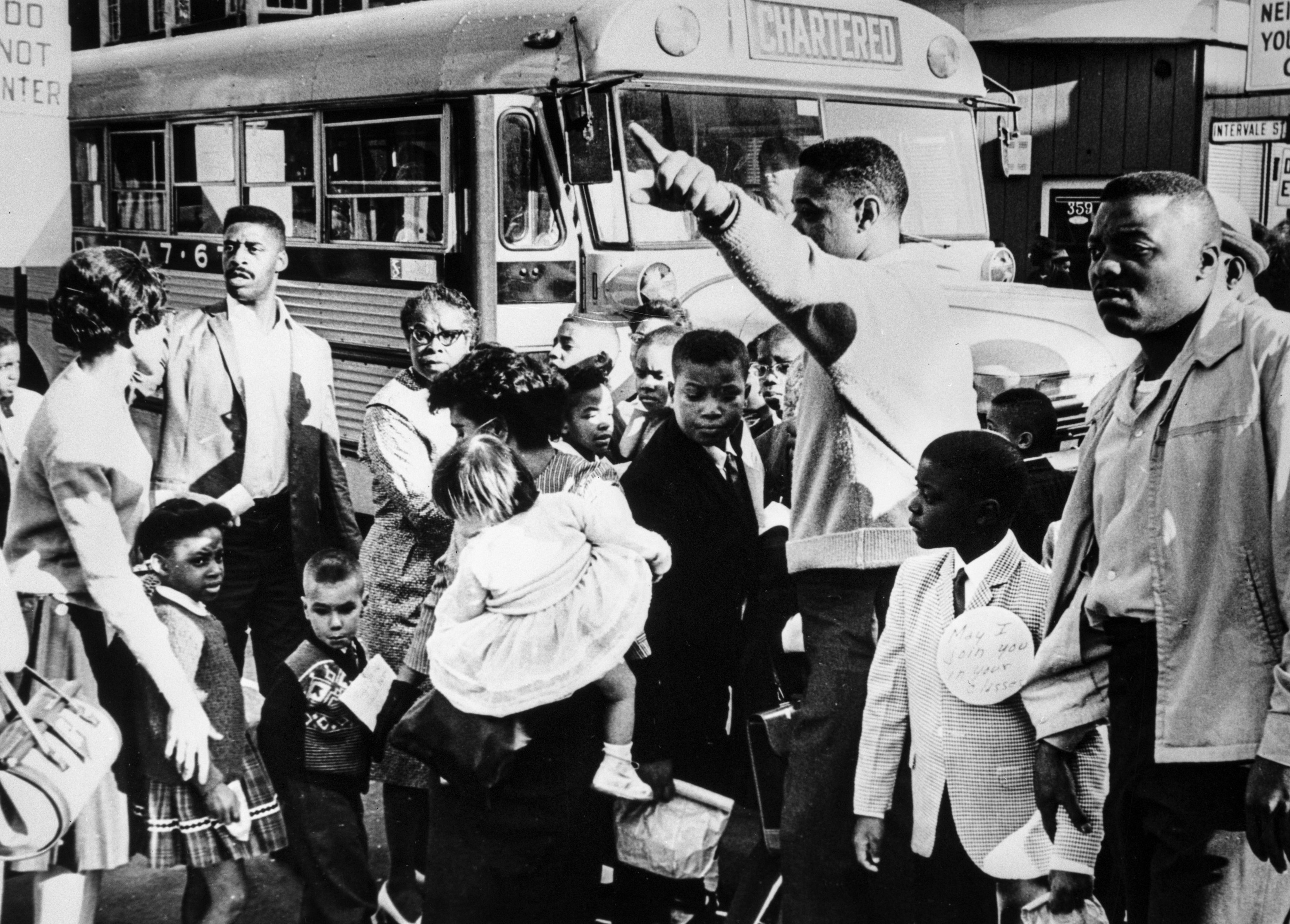
Chairman Fred helped establish five different Free Breakfast for School Children Programs for underprivileged communities in Chicago. Research proved the essential role of breakfast for child's education in addition to curtailing hunger and poverty necessary for Black liberation in the inner-city communities.
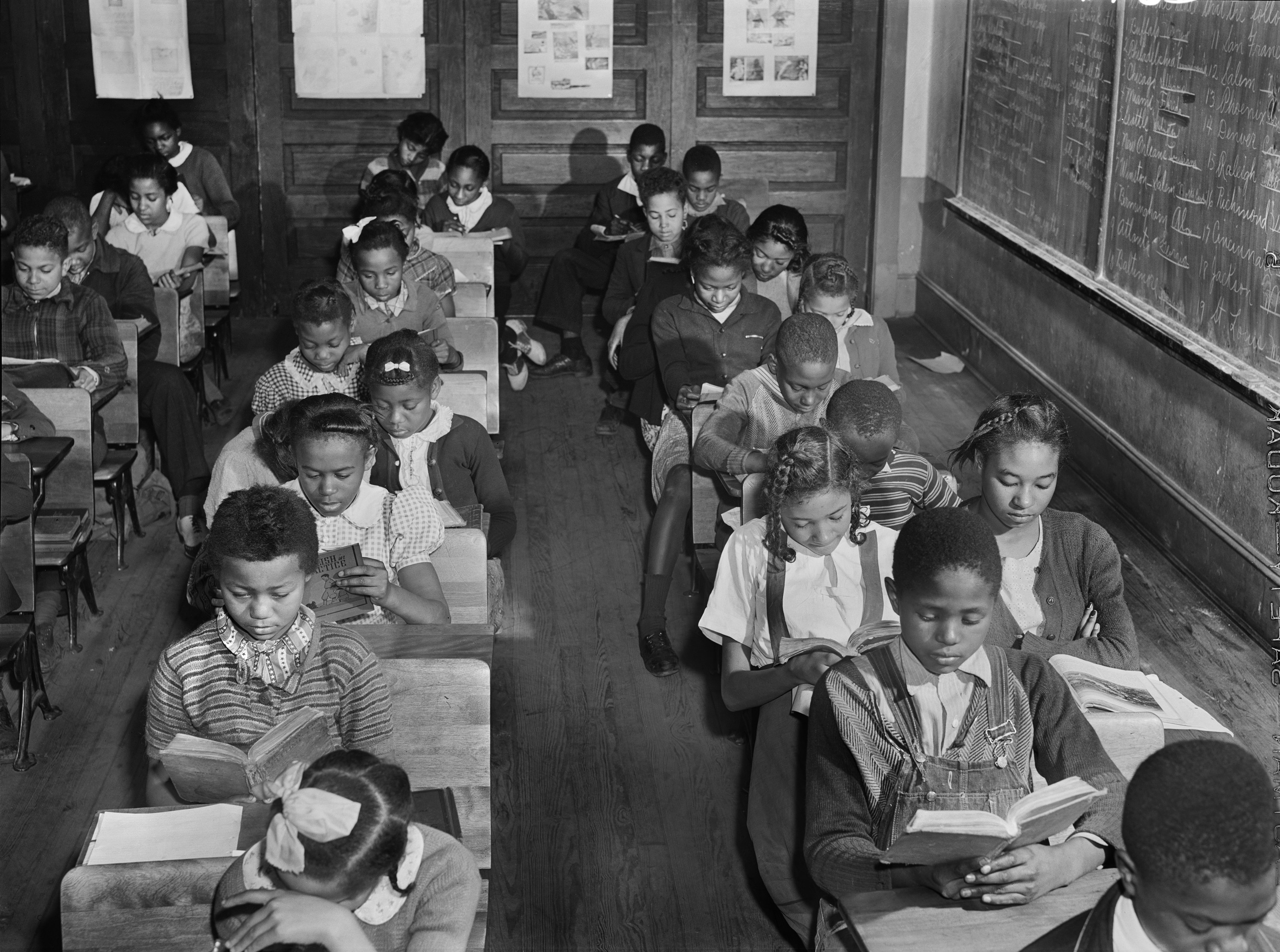
His free medical center helped underserved Black people in Chicago based on the gross disparity of health care options offered. The Chicago BPP organized blood drives for the local hospital and door-to-door testing for sickle cell anemia.
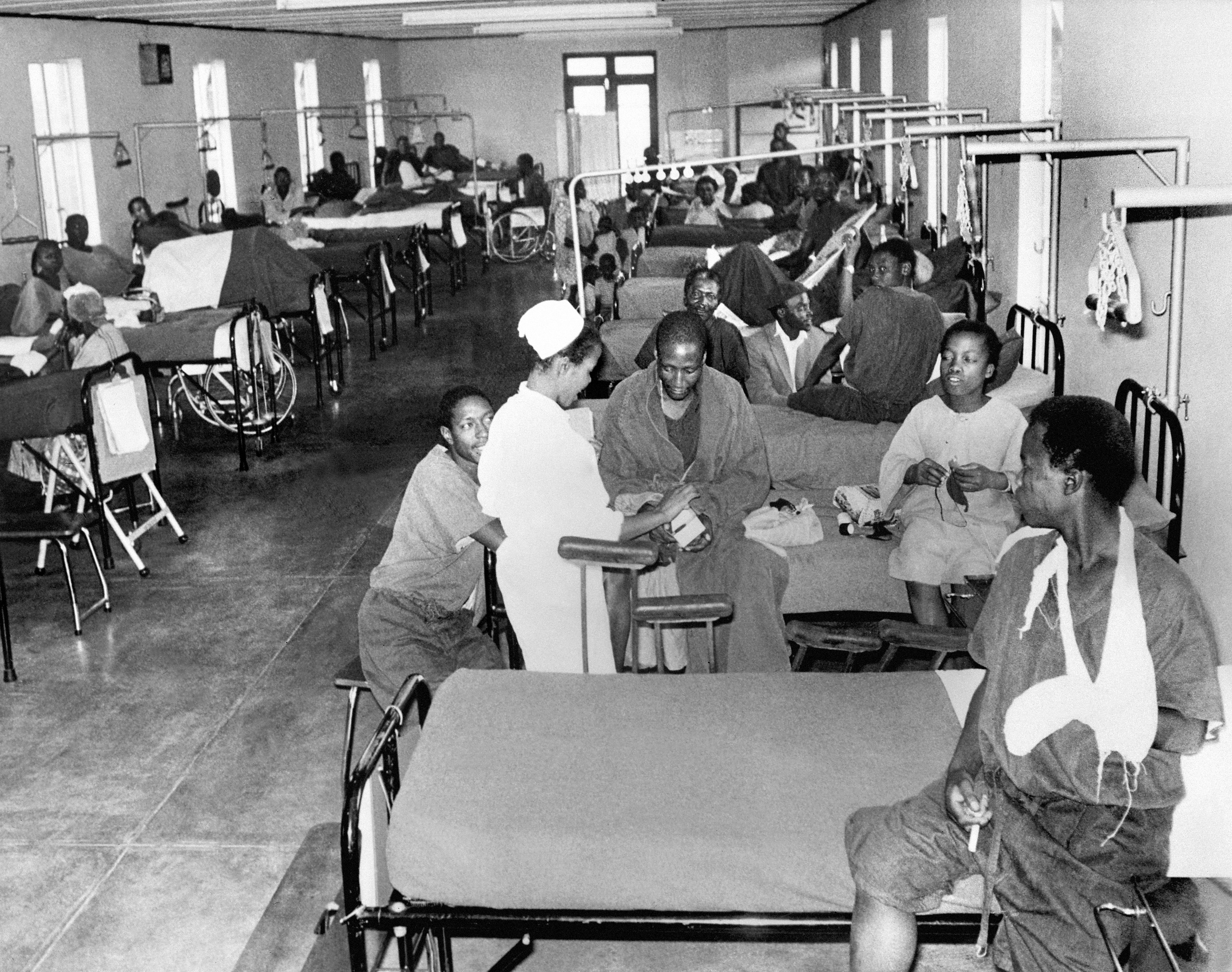
The local authorities worked to discredit, dismantle, and remove the BPP's community efforts to build relationships with a diverse group of underserved communities. This diverse group of activists united under Hampton's Rainbow Coalition.
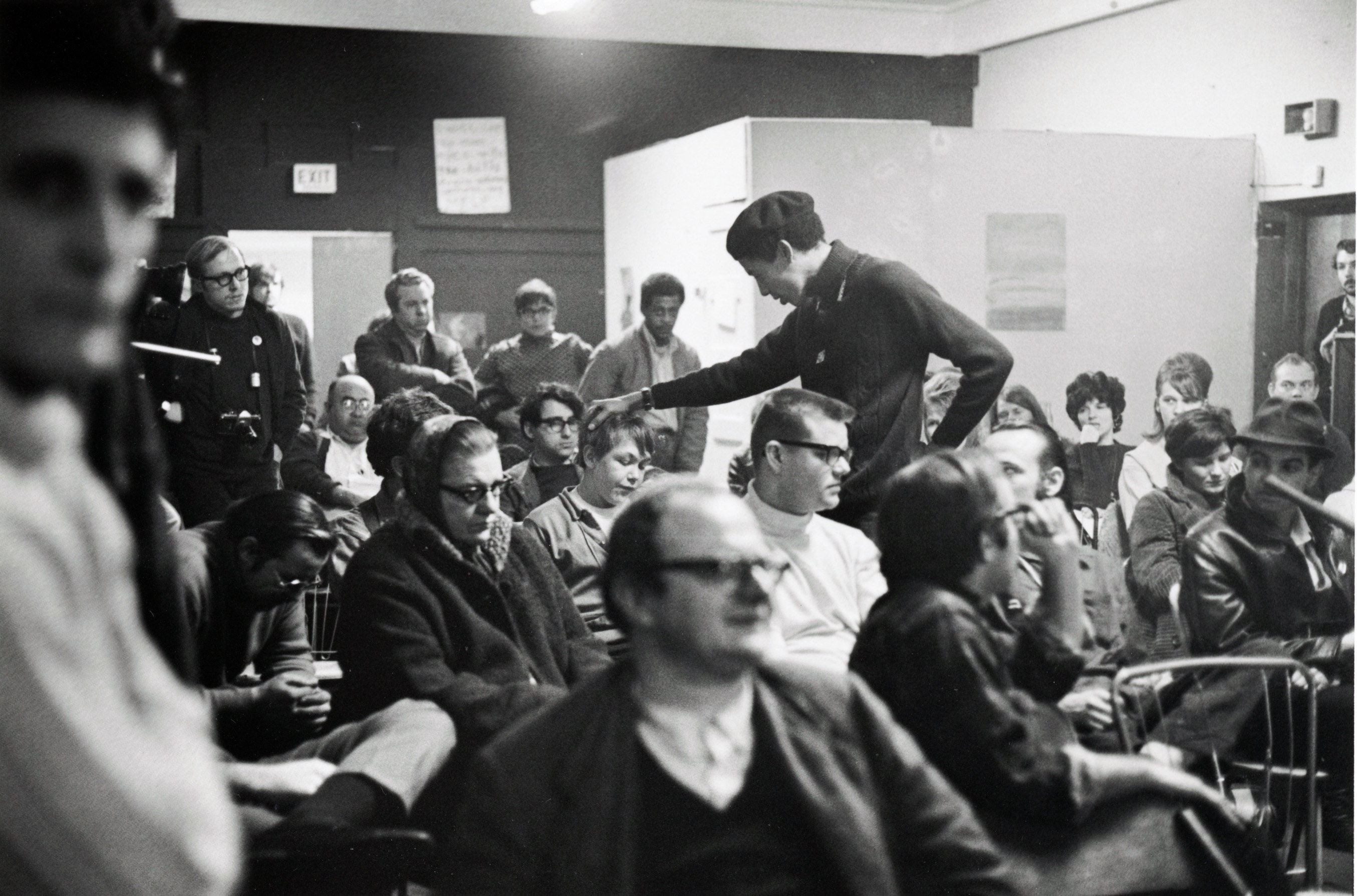
"Everything would be alright if everything was put back in the hands of the people, and we're going to have to put it back in the hands of the people." — Fred Hampton
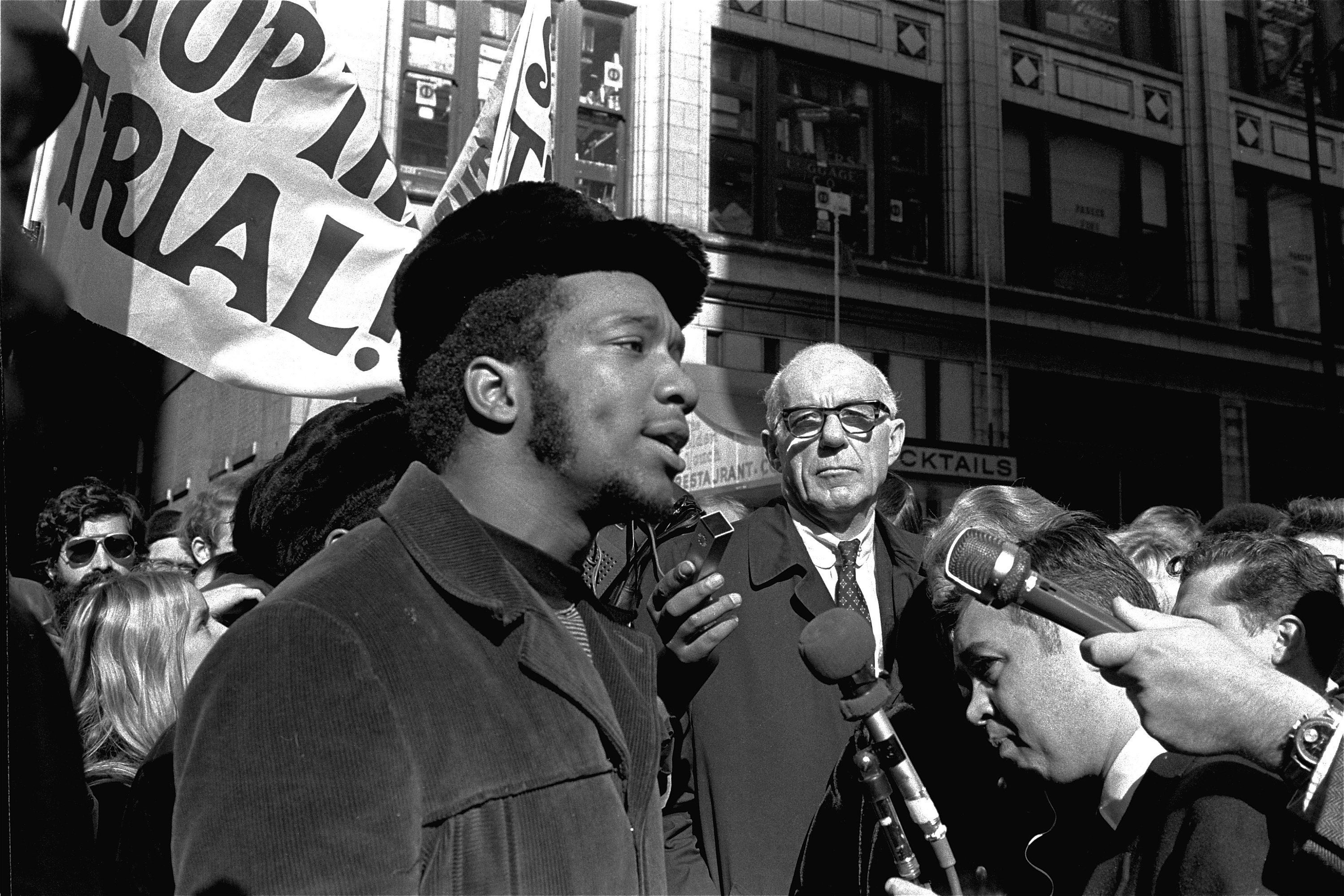
The Rainbow Coalition was a multiracial organization. The Puerto Rican Young Lords Association, the Poor White Young Patriot Organization, and the Blackstone Rangers street gang aided low-income citizens using their resources. The Rainbow Coalition's influence drove them to break down barriers of the inner-city communities and laid the foundation for future activism and progressive politicians.
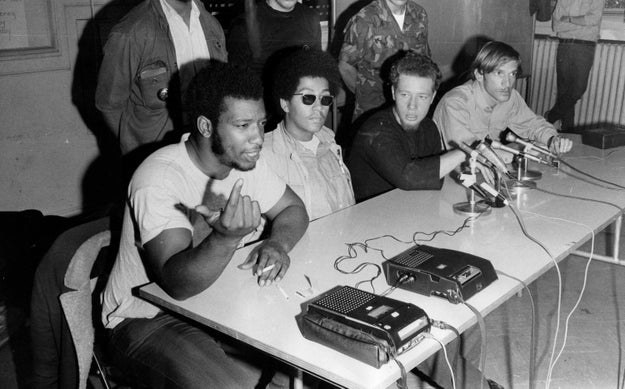
"We don’t think you fight fire with fire best; we think you fight fire with water best. We’re going to fight racism not with racism, but we’re going to fight with solidarity. We say we’re not going to fight capitalism with Black capitalism, but we’re going to fight it with socialism. We’re stood up and said we’re not going to fight reactionary pigs and reactionary state’s attorneys like this and reactionary state’s attorneys like Hanrahan with any other reactions on our part. We’re going to fight their reactions with all of us people getting together and having an international proletarian revolution." — Fred Hampton
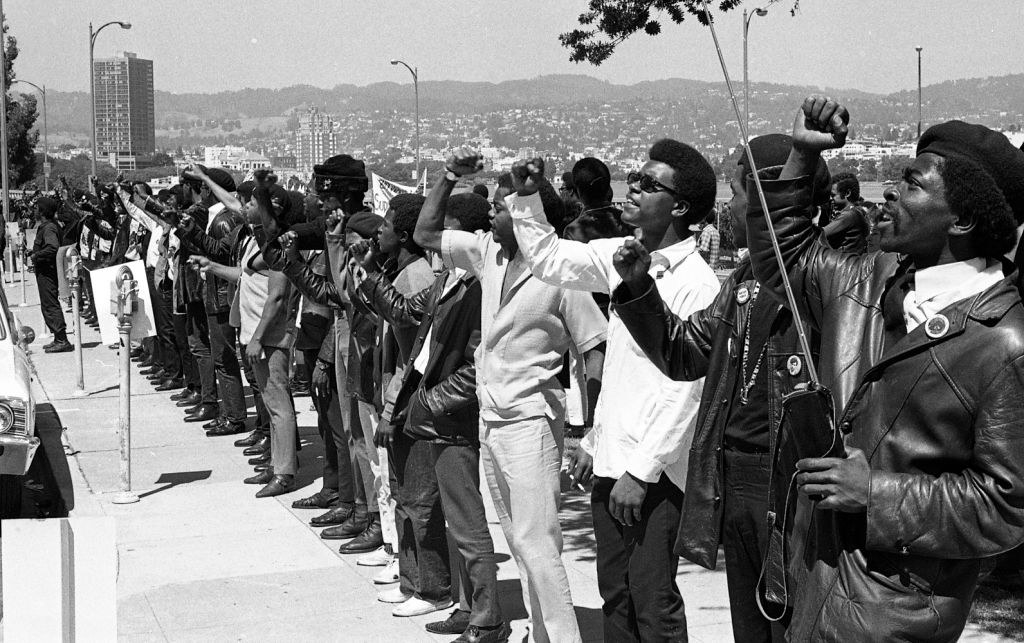
The Rainbow Coalition created alliances to "empower all peoples of the world" and received the support of the community, college students, Independent Precinct Organizations, unions, and the local street gangs. Of course, the cooperation of these groups faced opposition from law enforcement. Fred Hampton was a prime target.
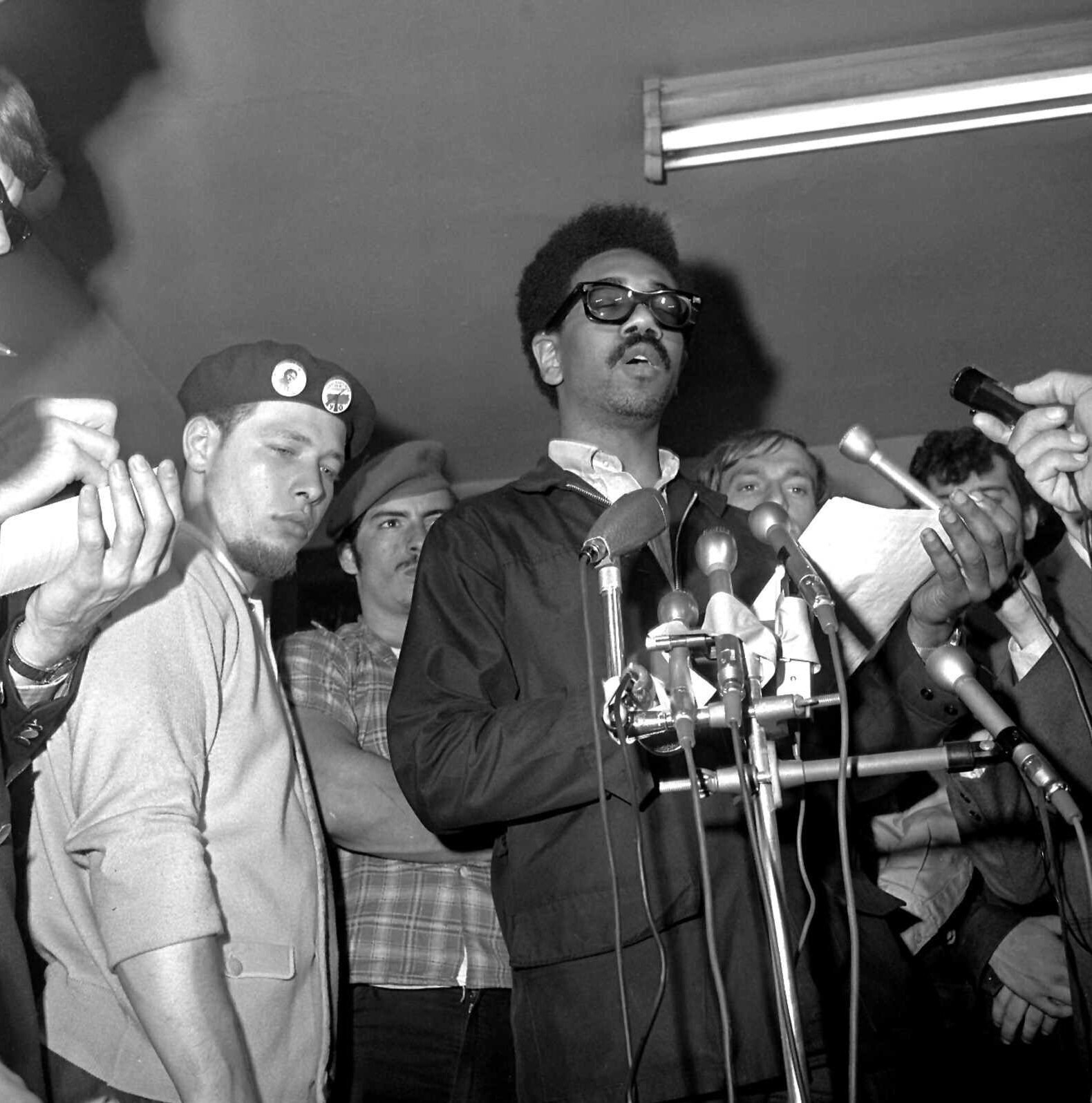
View this video on YouTube
In January 1969, the Chicago police arrested Chairman Fred on an old traffic warrant. These types of practices are still used today to disproportionately exacerbate the crimes of Black people. In May of the same year, Hampton went on trial for allegedly stealing ice cream bars in the Chicago suburb of Maywood, an incident from the previous year. He was convicted and sentenced to two to five years in prison. Hampton denied his involvement in this crime.
“We always say in the Black Panther Party they can do anything they want to us. We might not be back. I might be in jail. I might be anywhere. But when I leave, you’ll remember I said, with the last words on my lips, that I am a revolutionary." — Fred Hampton
The truth did not matter. It was the mission of Illinois' Cook County and state attorney Edward Hanrahan to put Fred Hampton in jail. Hanrahan was a ruthless attorney who referred to the Panthers as a "gang" and declared a "war on gangs" with the support of Mayor Richard J. Daley.
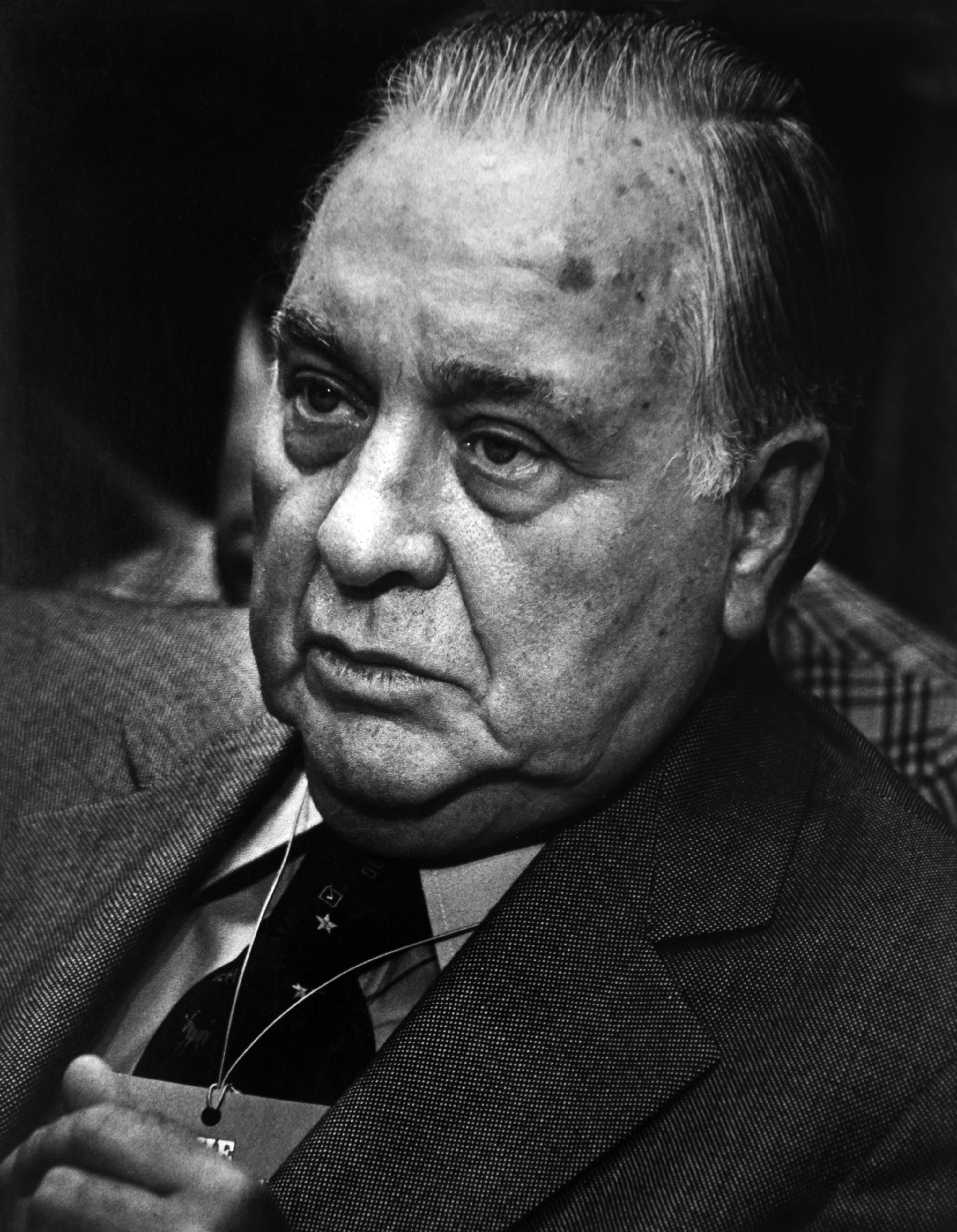
The tensions between the community and the police reached a breaking point. Fred Hampton's influence and involvement were held responsible by Hanrahan.
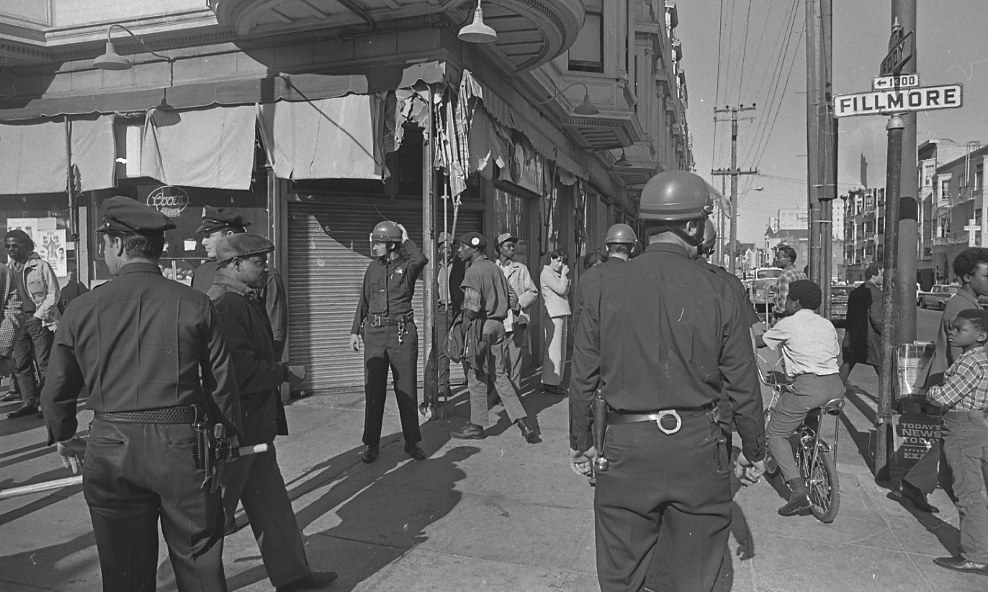
On December 4, 1969, the Chicago police raided 2337 West Monroe, an apartment where many members of the Black Panther Party slept.
A gas truck parked in front of the building and fourteen undercover police officers quietly infiltrated the property with pistols, a shotgun, a machine gun, and a detailed map of an apartment occupied by Fred Hampton and the Black Panther Party.
At 4:30 am, the officers kicked down the doors and fired gunshots into the apartment with the deliberate task to kill. Mark Clark, the Illinois BPP branch's defense captain, was killed with a single shot to the heart. Following additional shots, police declared Fred Hampton was dead.
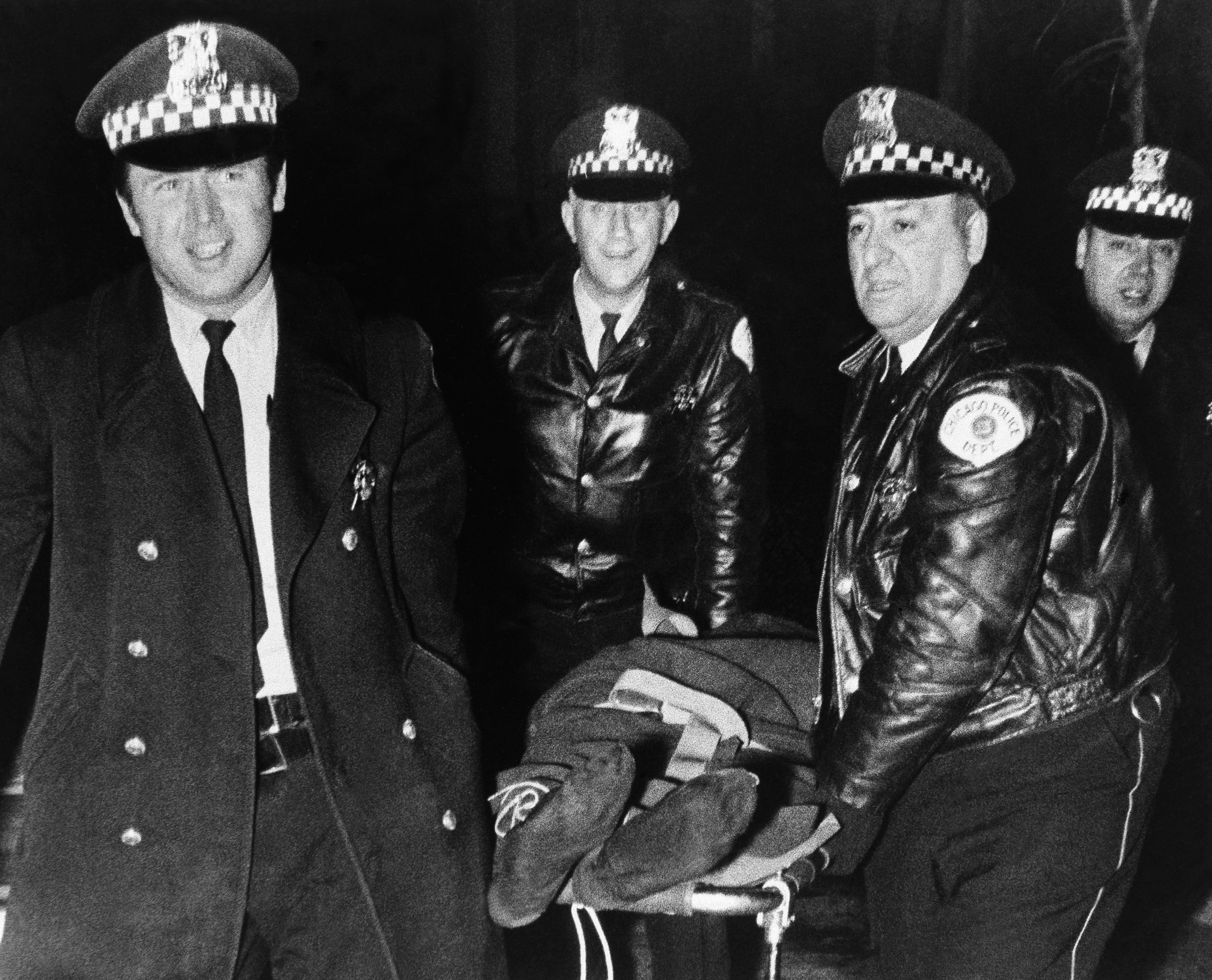
The true nature of the events of the night came to light. According to accounts from Hampton's nine-month pregnant partner, Akura Njeri (formally known as Deborah Johnson), Hampton never left his bed during the attack. She felt as if the shooting lasted for hours when it was only minutes. The shooting continued even after someone called out a pregnant woman was present.
View this video on YouTube
After removing Njeri from the premises, she remembers telling herself, "Keep your hands up. Don't stumble. Don't fall. They will kill you and your baby." She testified two police officers laughed, grabbed her by the head, and slung her into the kitchen area. It was here that she overheard, "He's barely alive, he'll barely make it." She believed it was in reference to Fred Hampton. When the shooting started back up again she heard, "he's good and dead now."
"You can kill a revolutionary, but you can never kill the revolution." - Fred Hampton
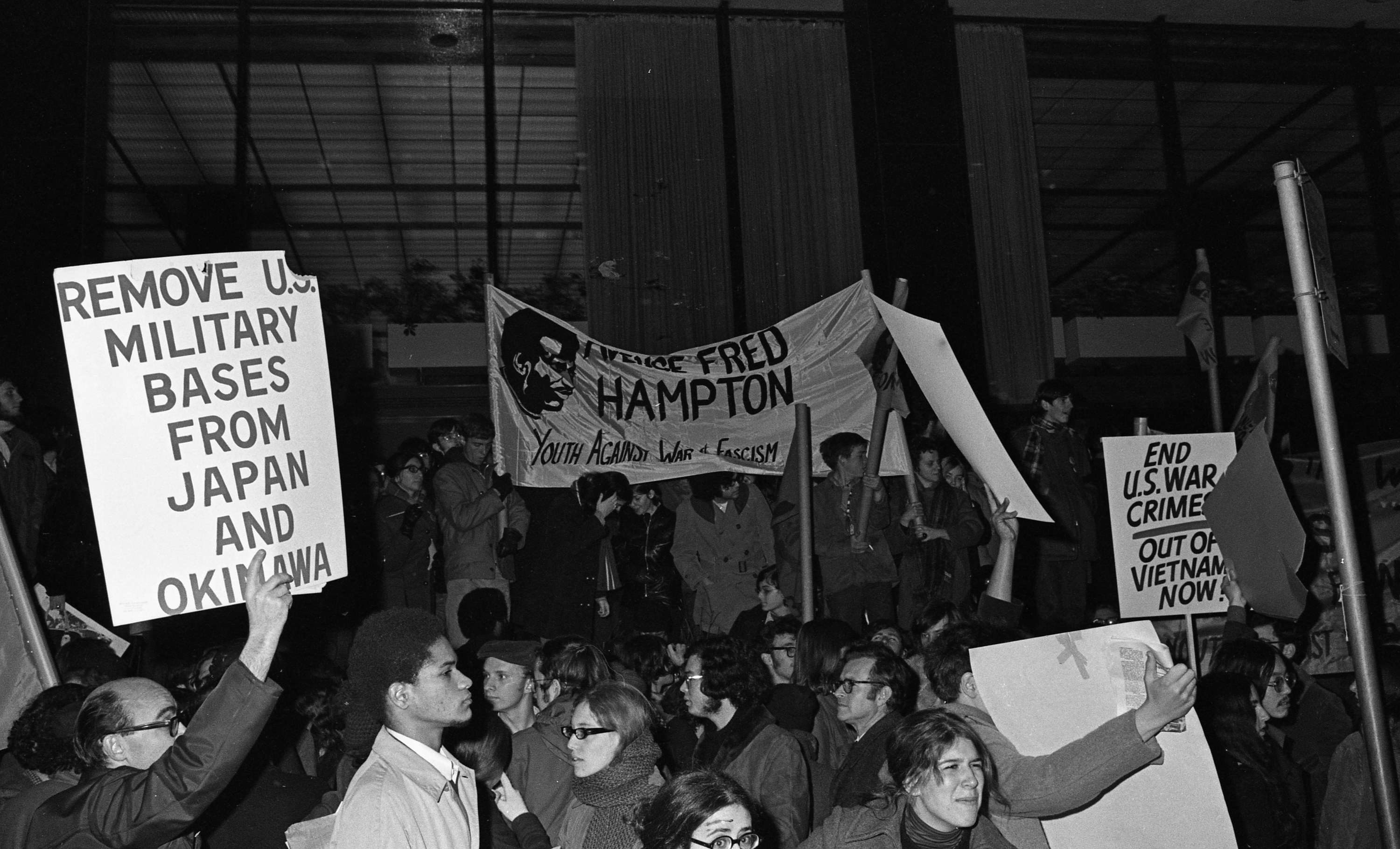
Hanrahan attempted to justify the raid by claiming "the immediate, violent, criminal reaction of the occupants in shooting at announced police officers emphasizes the extreme viciousness of the Black Panther Party" and its leaders.
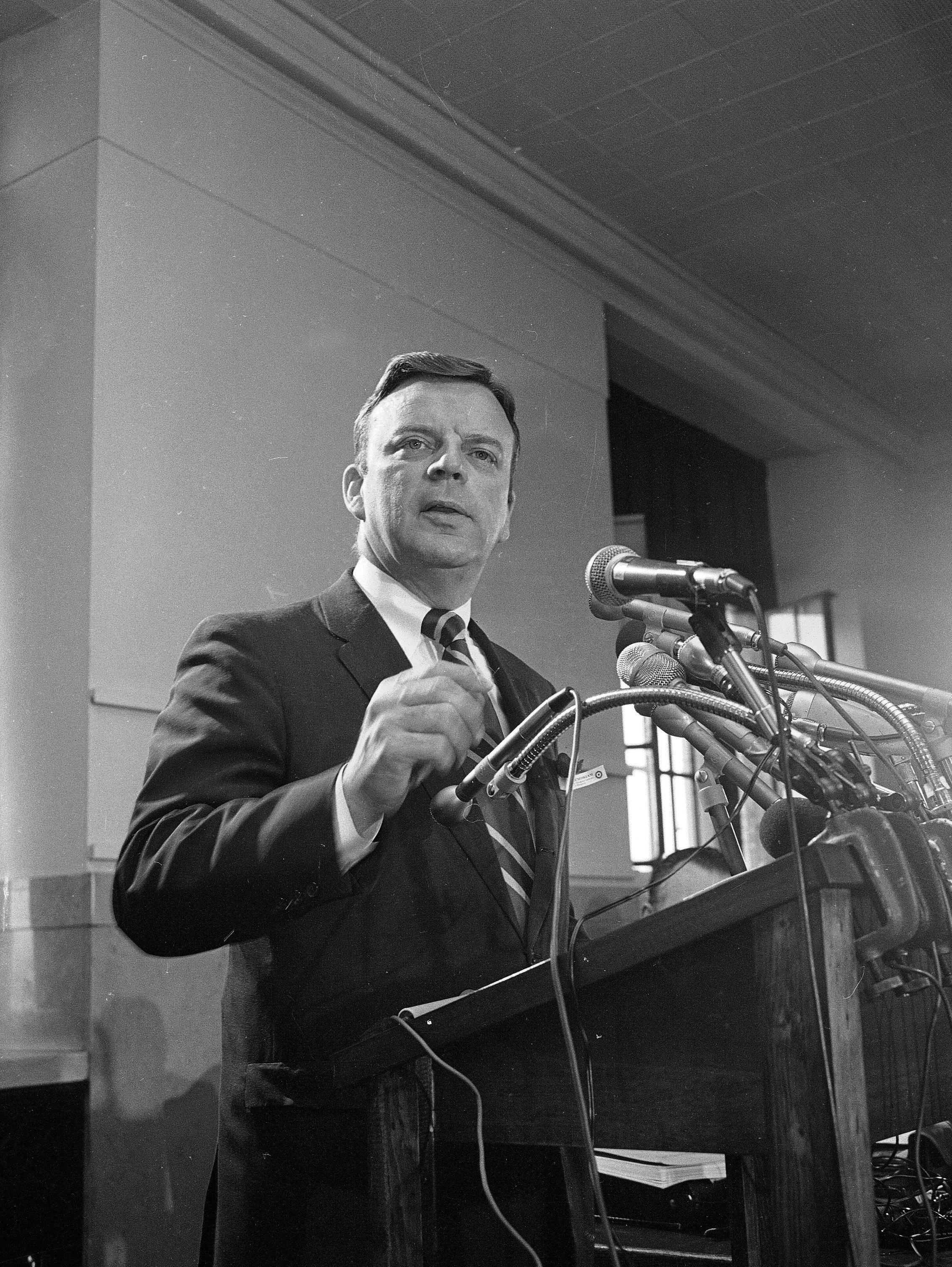
Iberia Hampton and Fannie Mae Clark, the mothers of Fred Hampton and Mark Clark, refused to give up hope. Things didn't add up. The mothers and the survivors of the raid took the City of Chicago to court with the help of Jeffrey Haas and Flint Taylor of the People's Law Office.
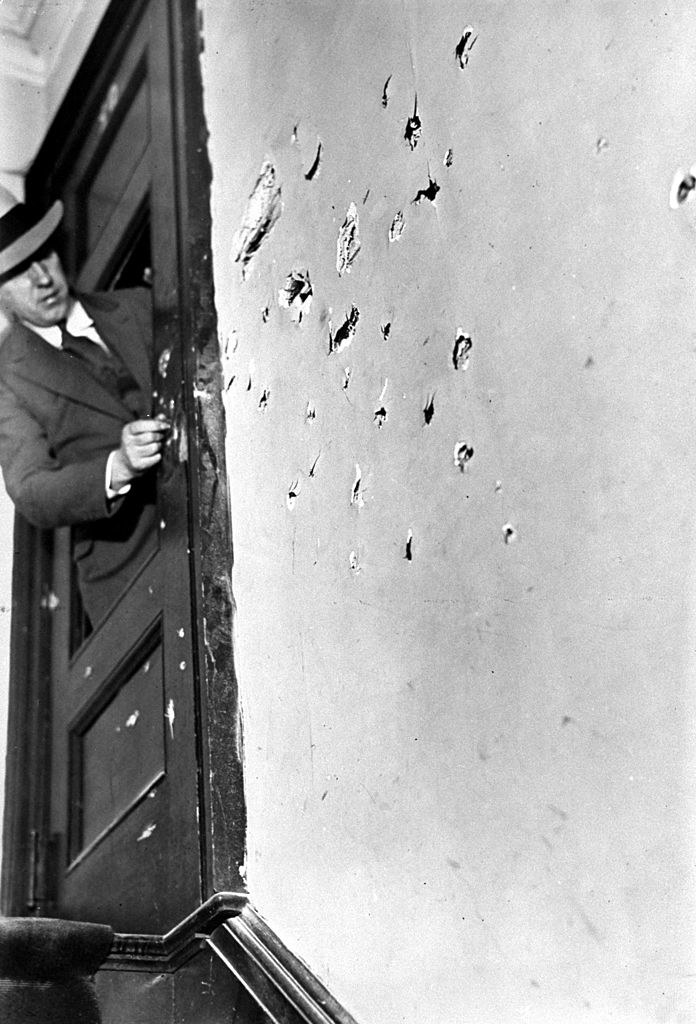
The first judge to hear the suit for $47.7 million against Hanrahan and 28 city, county, and Federal officials dismissed the case.
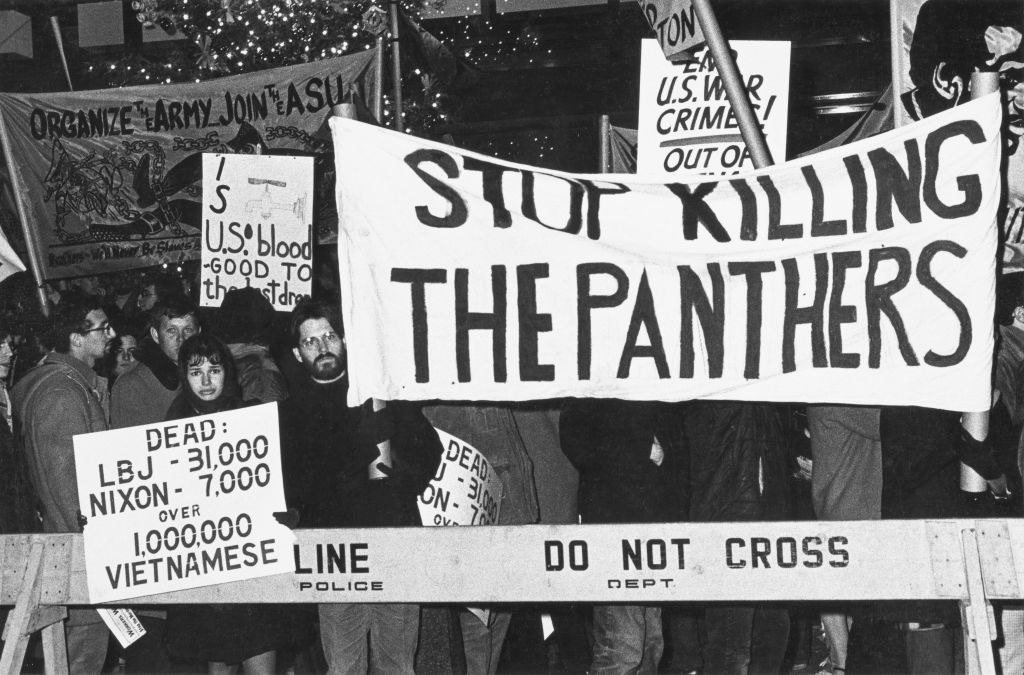
After years of litigation on behalf of the families and survivors, Jeffrey Haas and his legal partner Flint Taylor at the People’s Law Office discovered a conspiracy linked to the FBI's Counterintelligence Program (COINTELPRO).
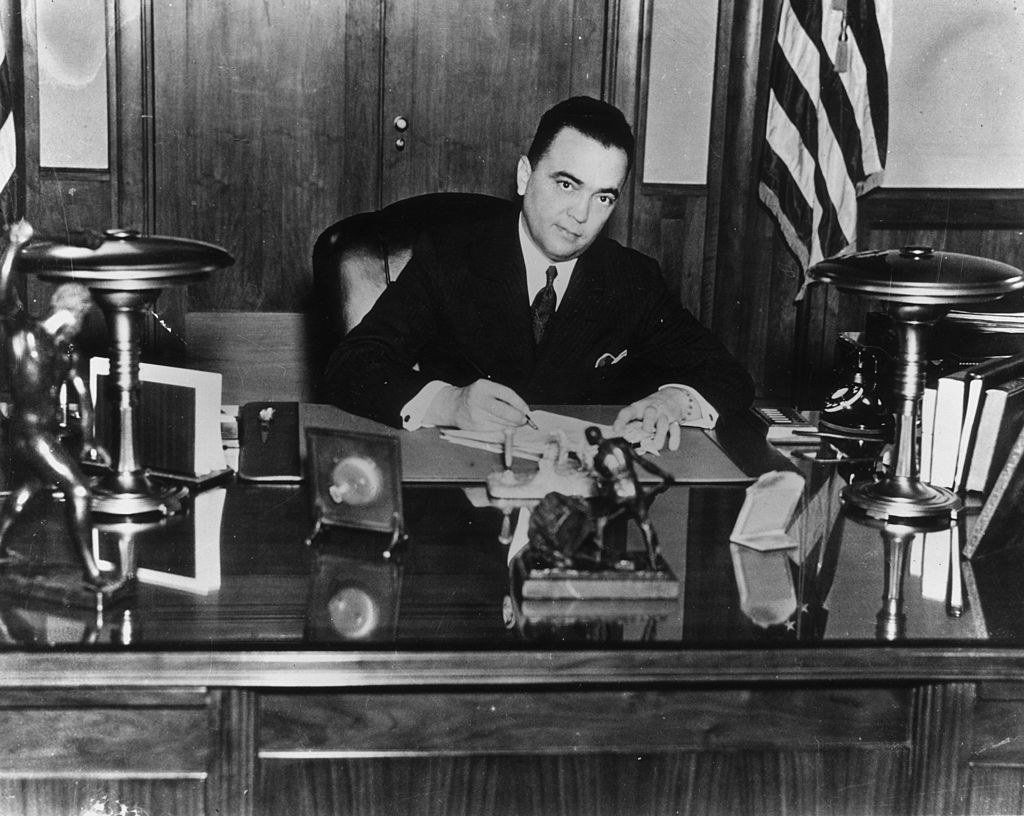
According to documents, the FBI authorized a payment to William O'Neal, a BPP security guard, to provide them with a floor plan of Hampton's home. Chicago FBI agent Roy Martin Mitchell provided the map to Hanrahan. Whistleblower FBI agent M. Wesley Sweringen exposed the FBI setup and the Chicago police's involvement.
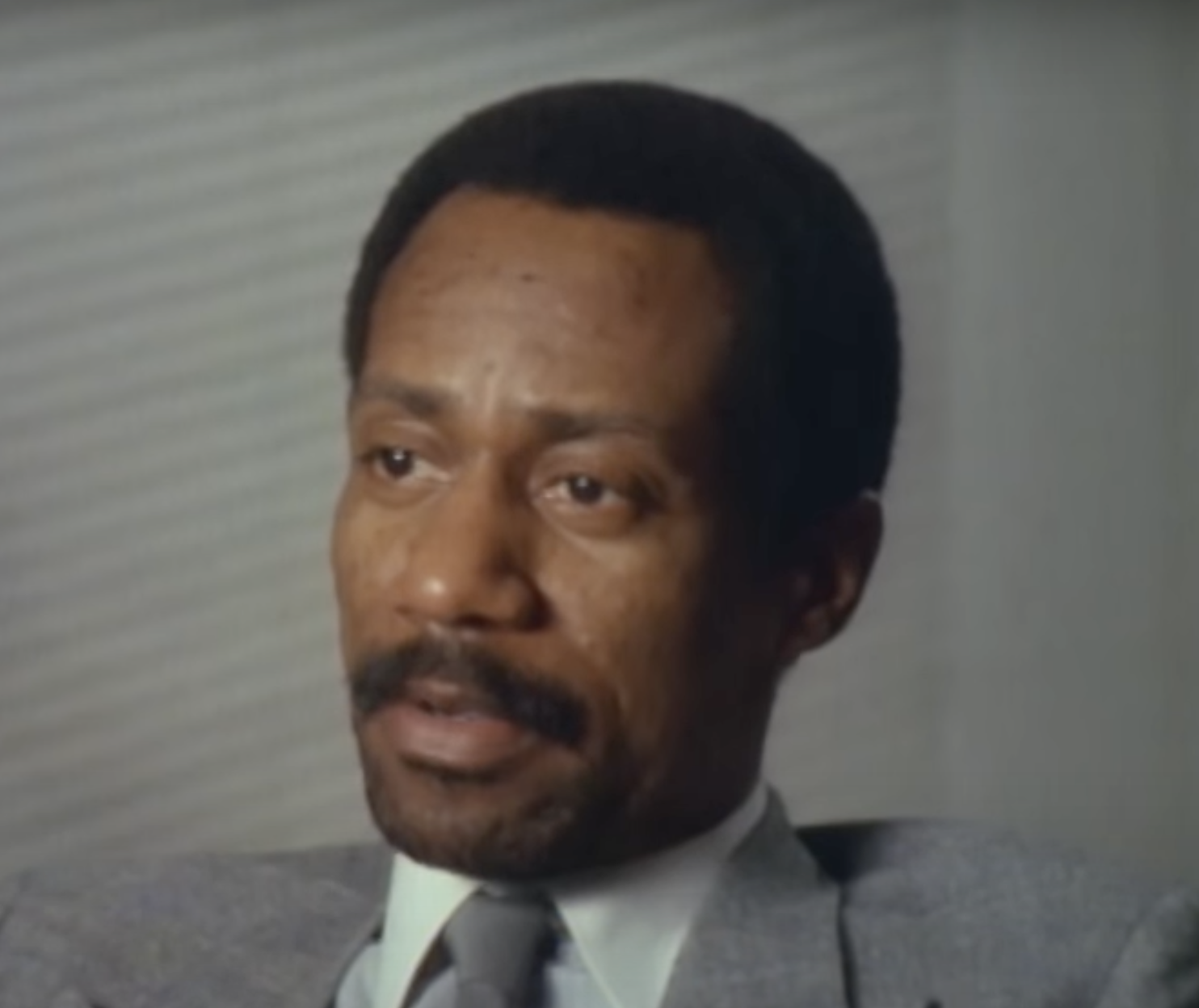
The story of O'Neal's infiltration of the BPP was told in the film Judas and the Black Messiah.
View this video on YouTube
O'Neal was arrested for a carjacking year earlier, and in exchange for dropping the charges, the FBI tasked him with earning the BPP's trust and infiltrating them. O'Neal was an informant that worked his way up to become the Illinois chapter’s security director, giving the FBI direct information on almost everything going on.
In 1982, the government agreed on a $1.85 million settlement to the families of Hampton and Clark and the other survivors. The Justice Department maintained that the settlement did not concede wrongdoing.
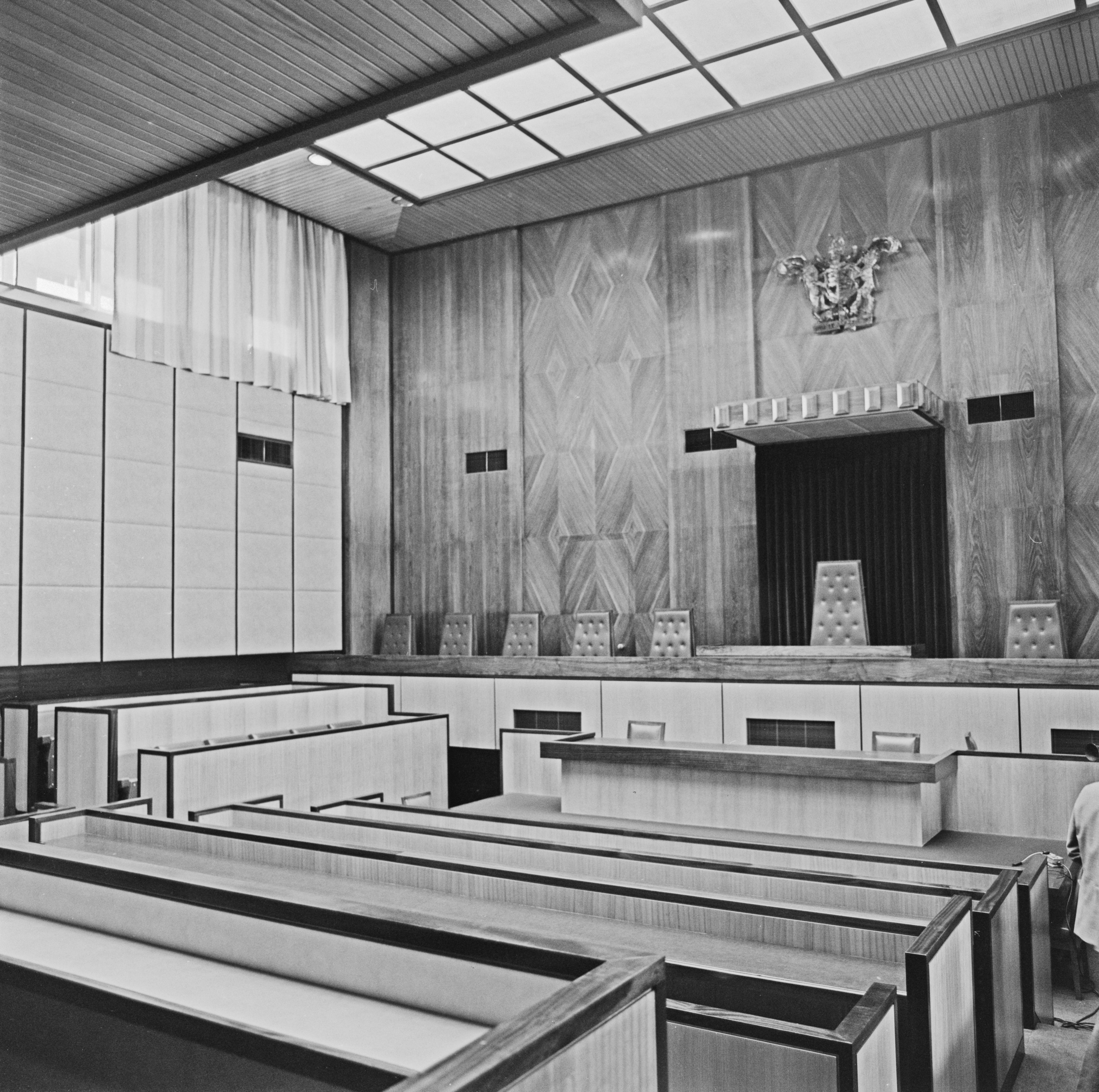
Fred Hampton's legacy continues. More than 50 years later, Fred Hampton Jr. works as the international chairman of the Black Panther Party Cubs, founded by "the ideological offspring" of Black Panthers. Akua Njeri works as the organization's advisory board.
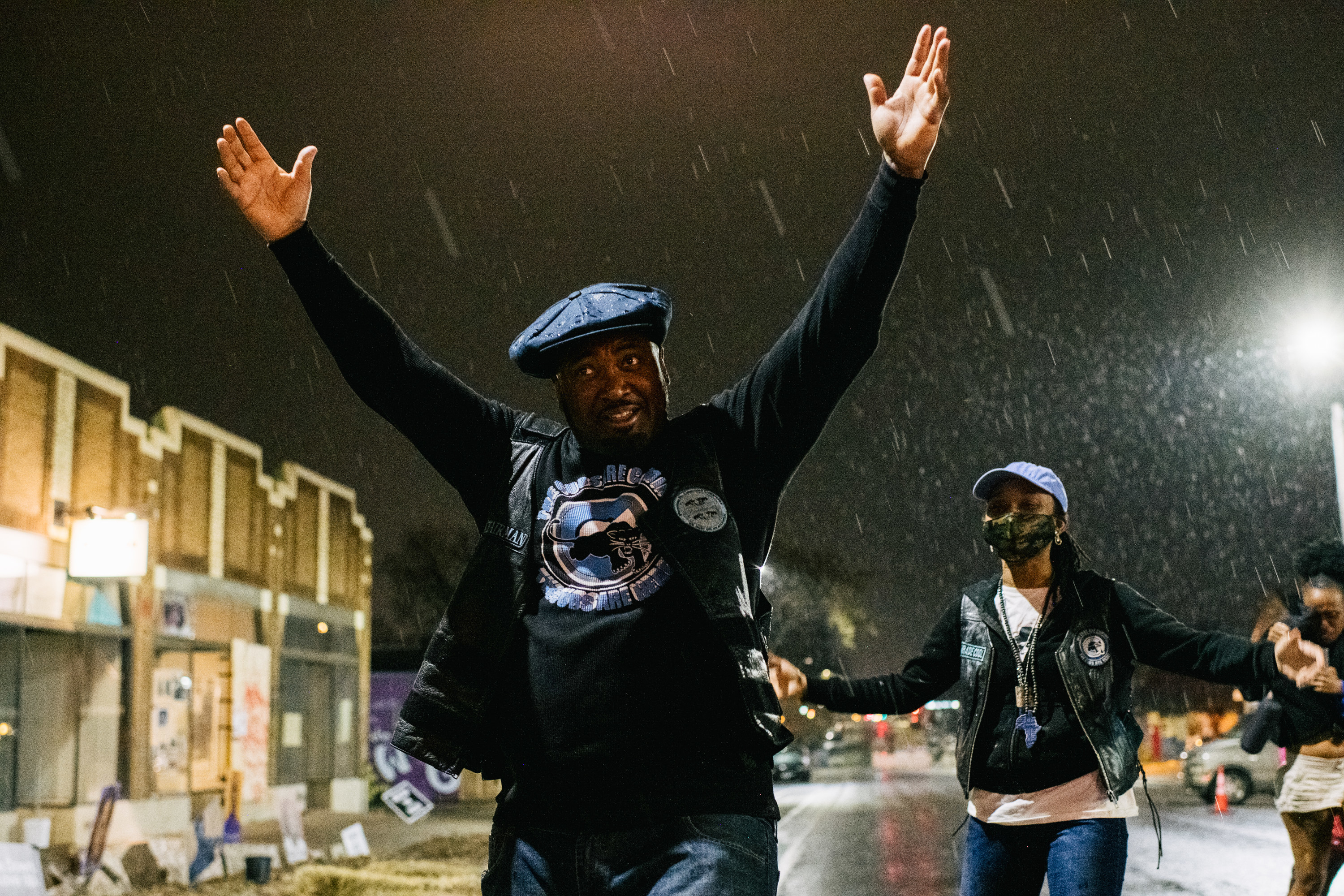
View this video on YouTube
"I believe that I'm going to be able to die doing the things I was born for. I believe that I'm going to be able to die high off the people. I believe that I will be able to die as a revolutionary in the international revolutionary proletarian struggle." — Fred Hampton
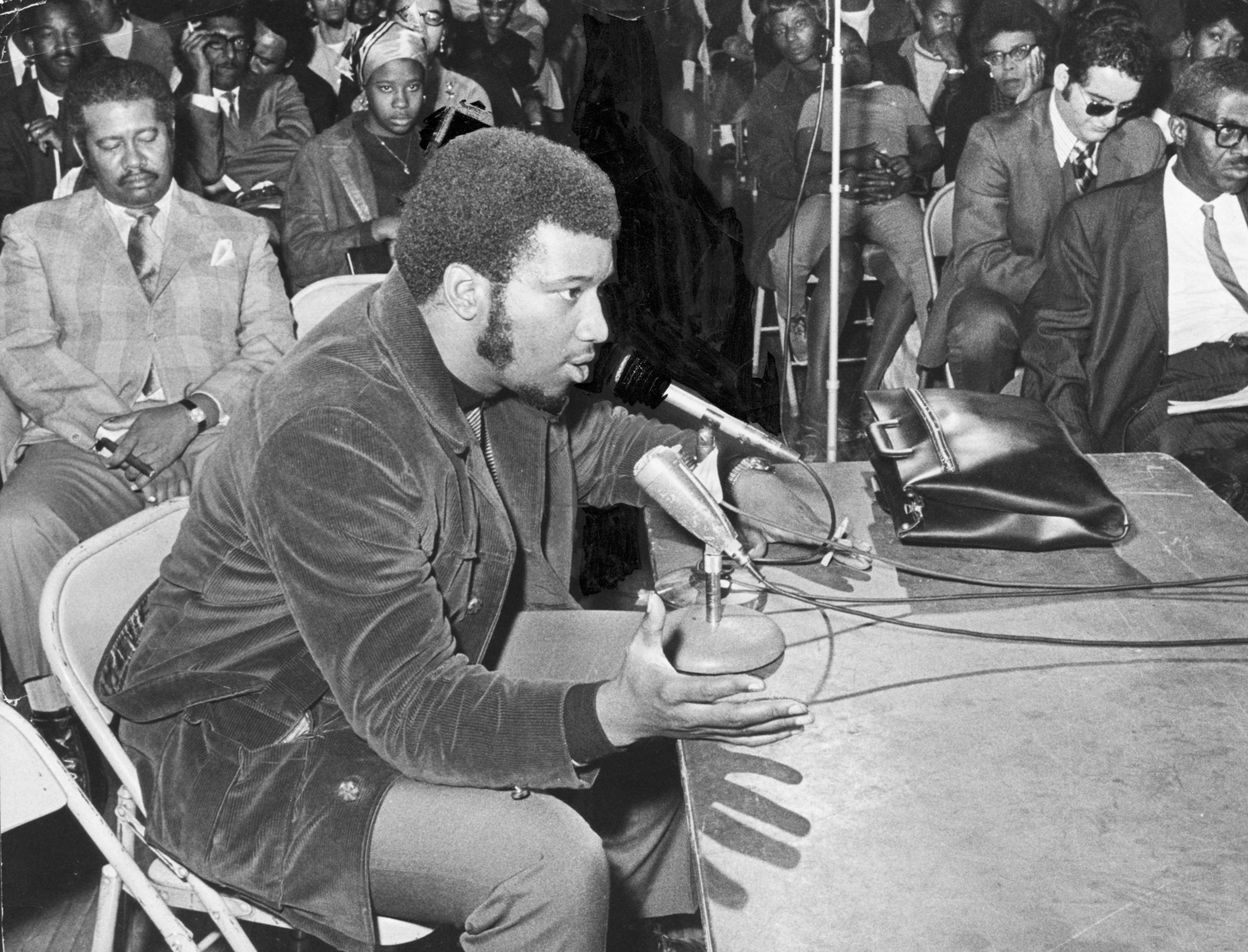
Make sure to head right here for more of BuzzFeed's Black History Month coverage.
